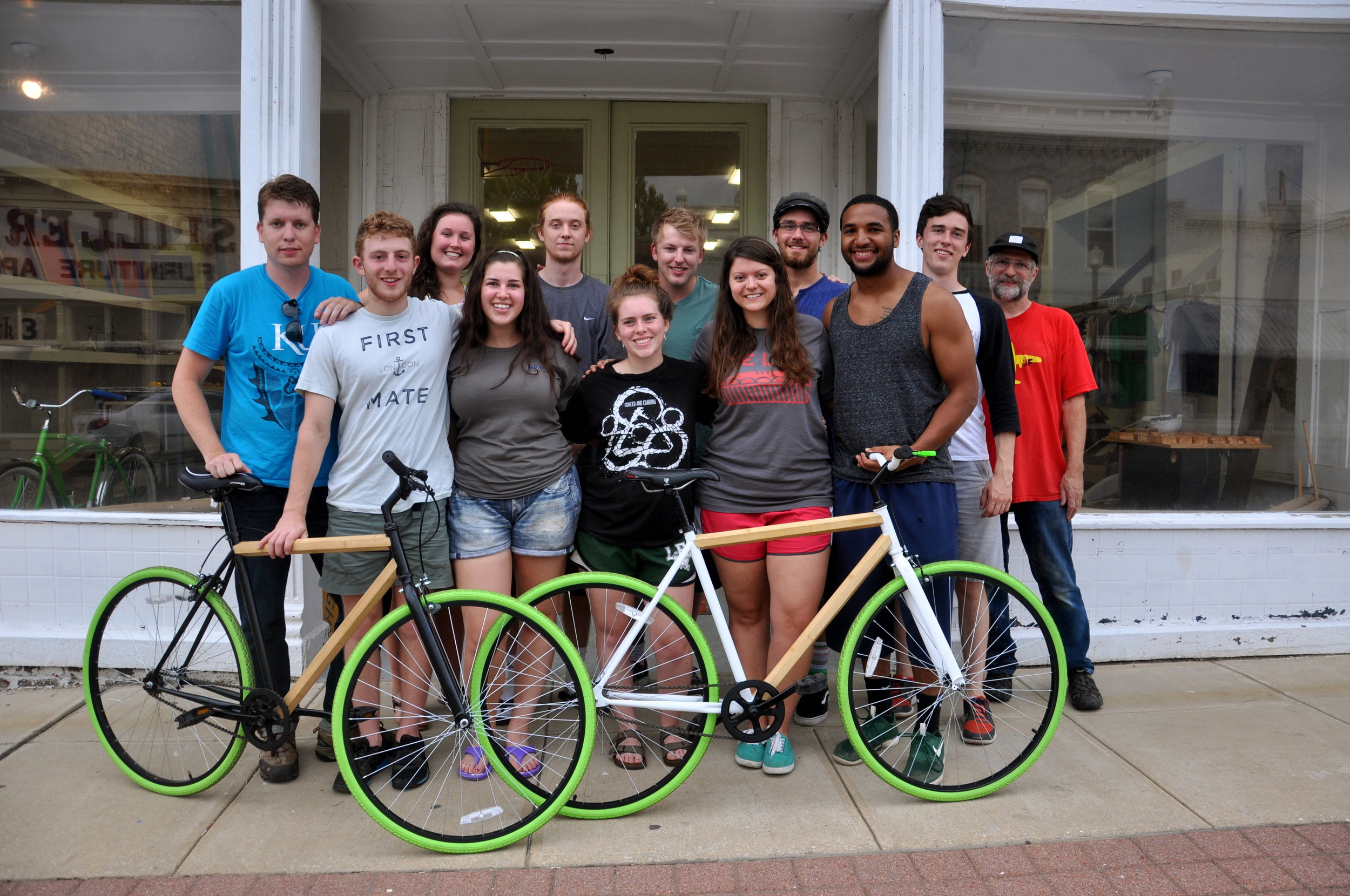
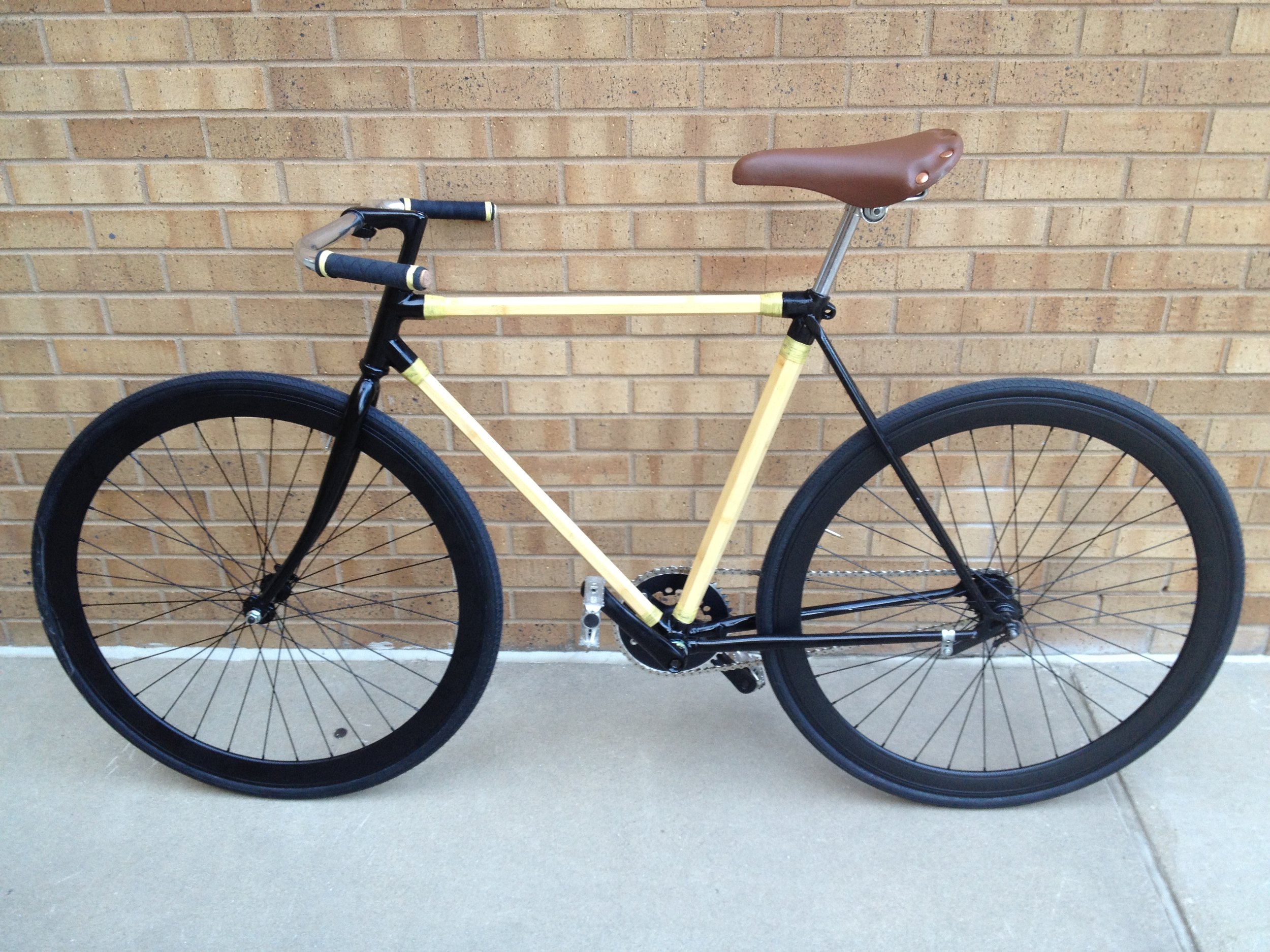
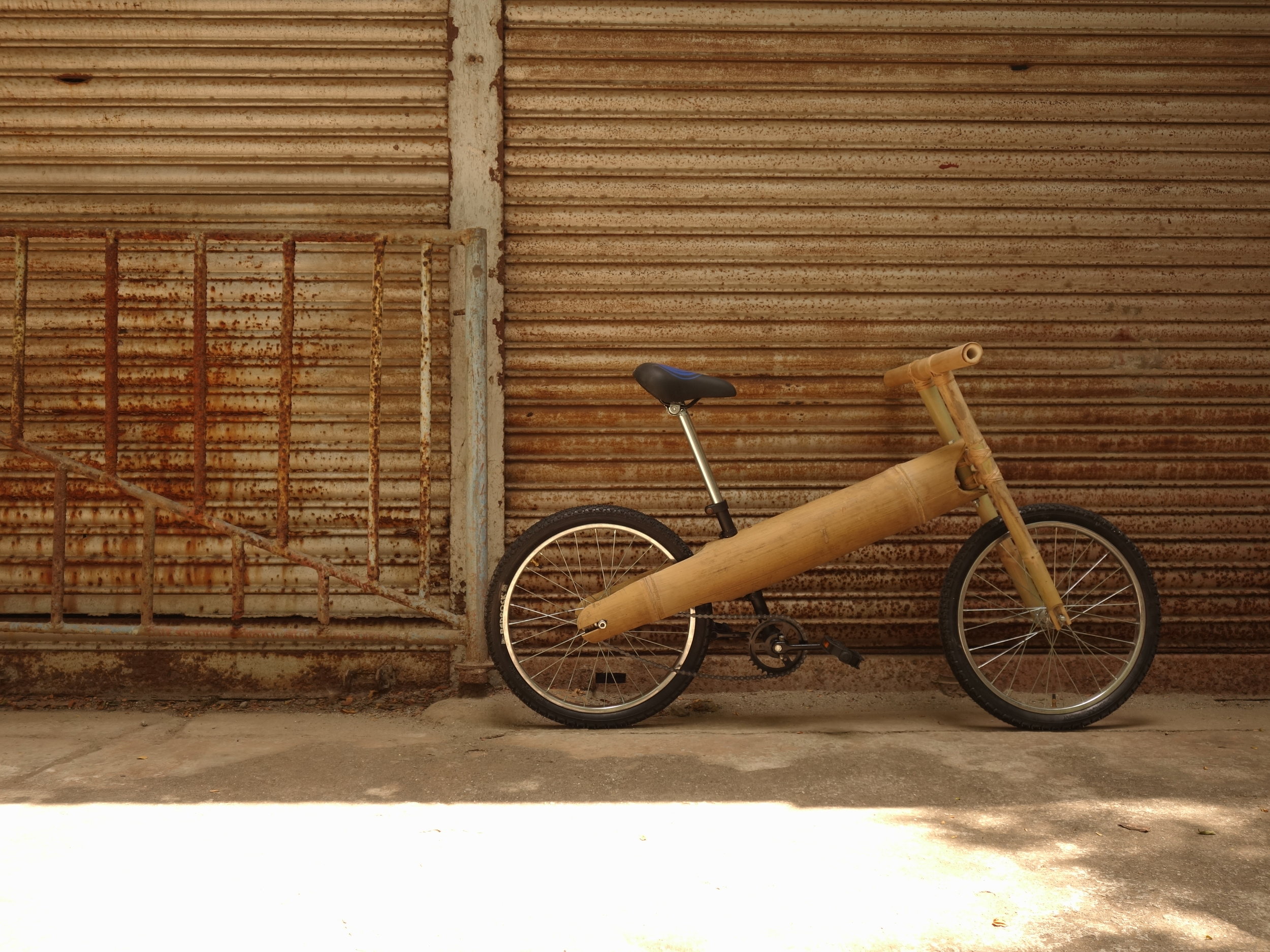
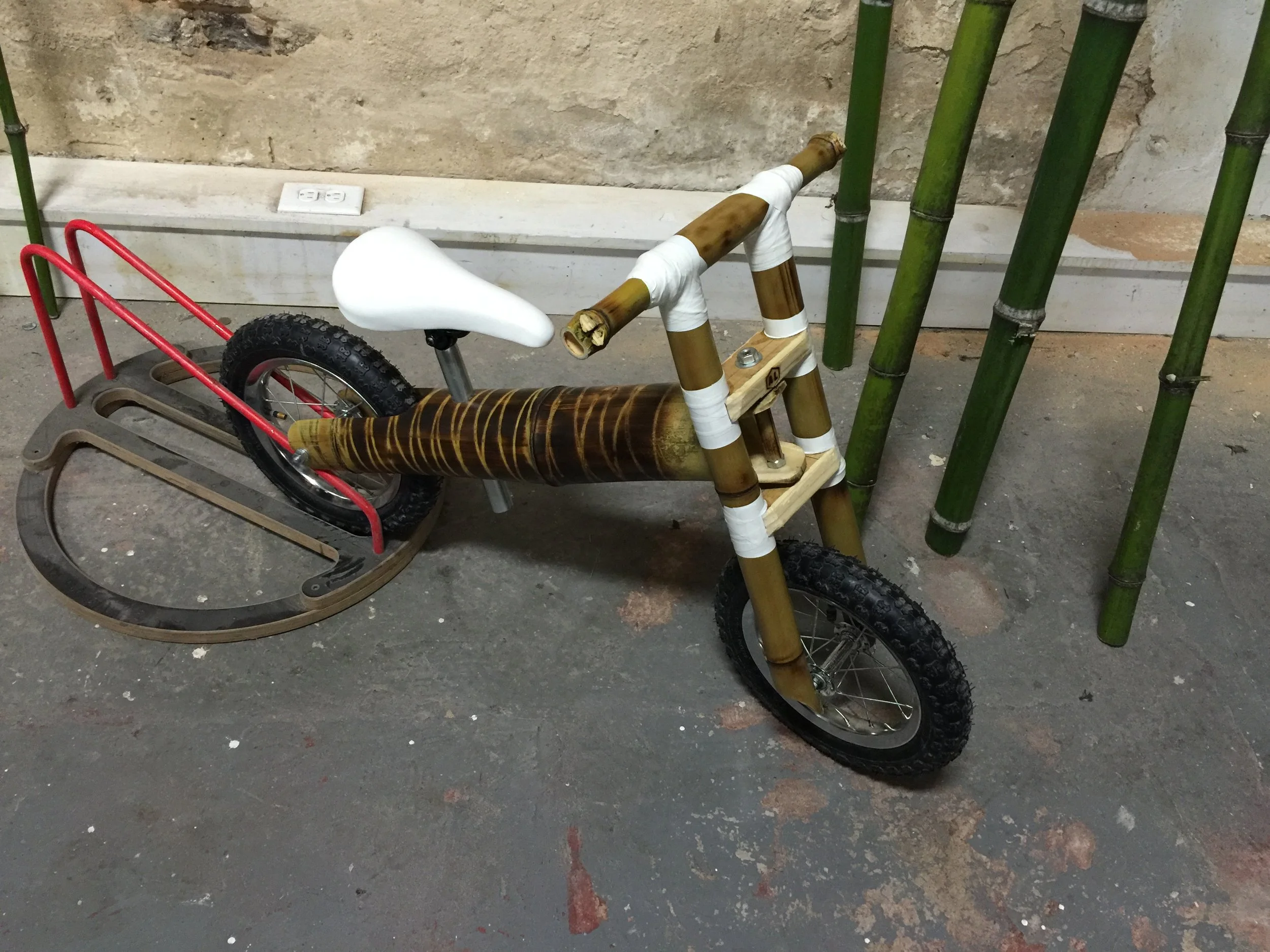
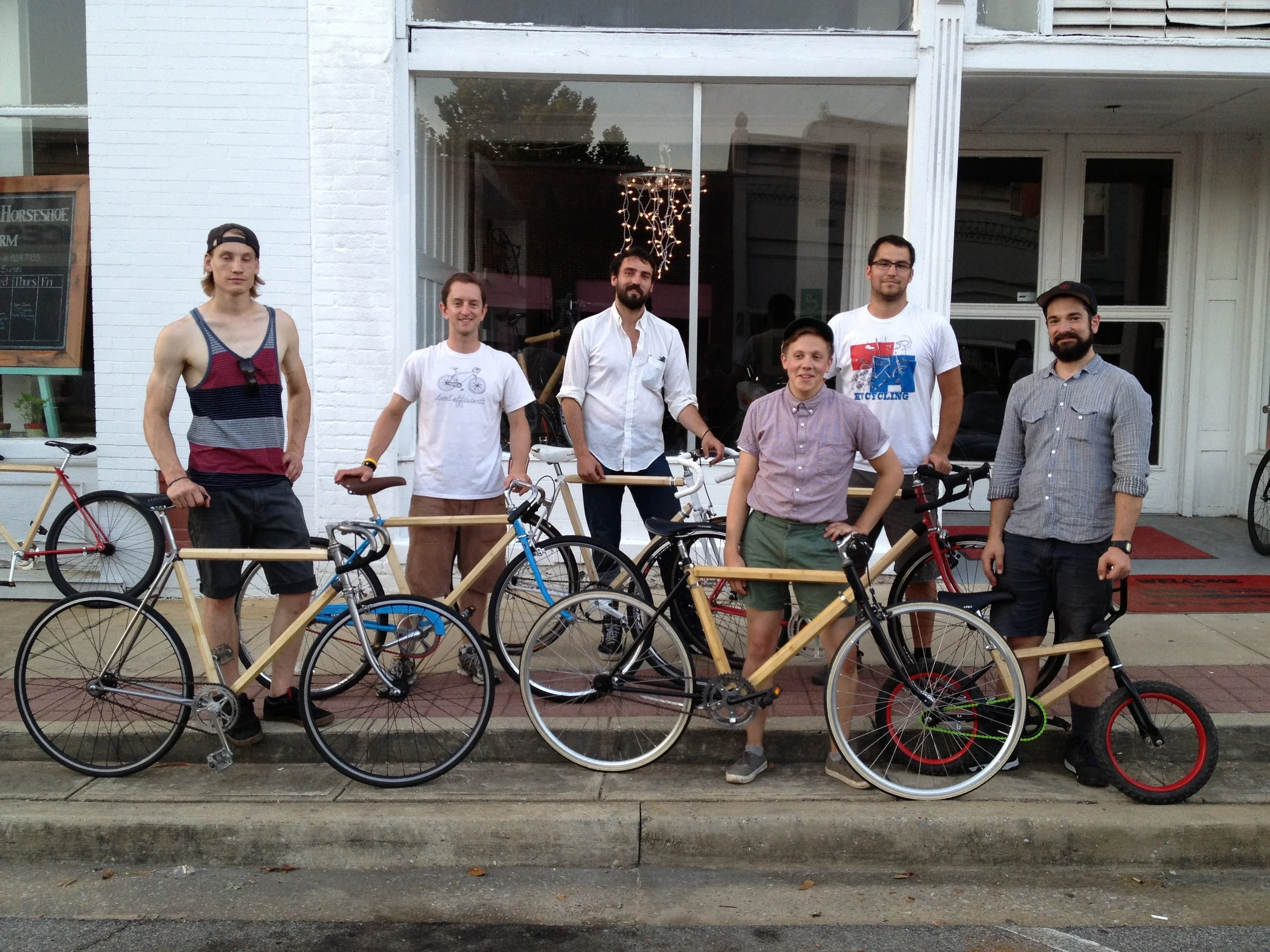
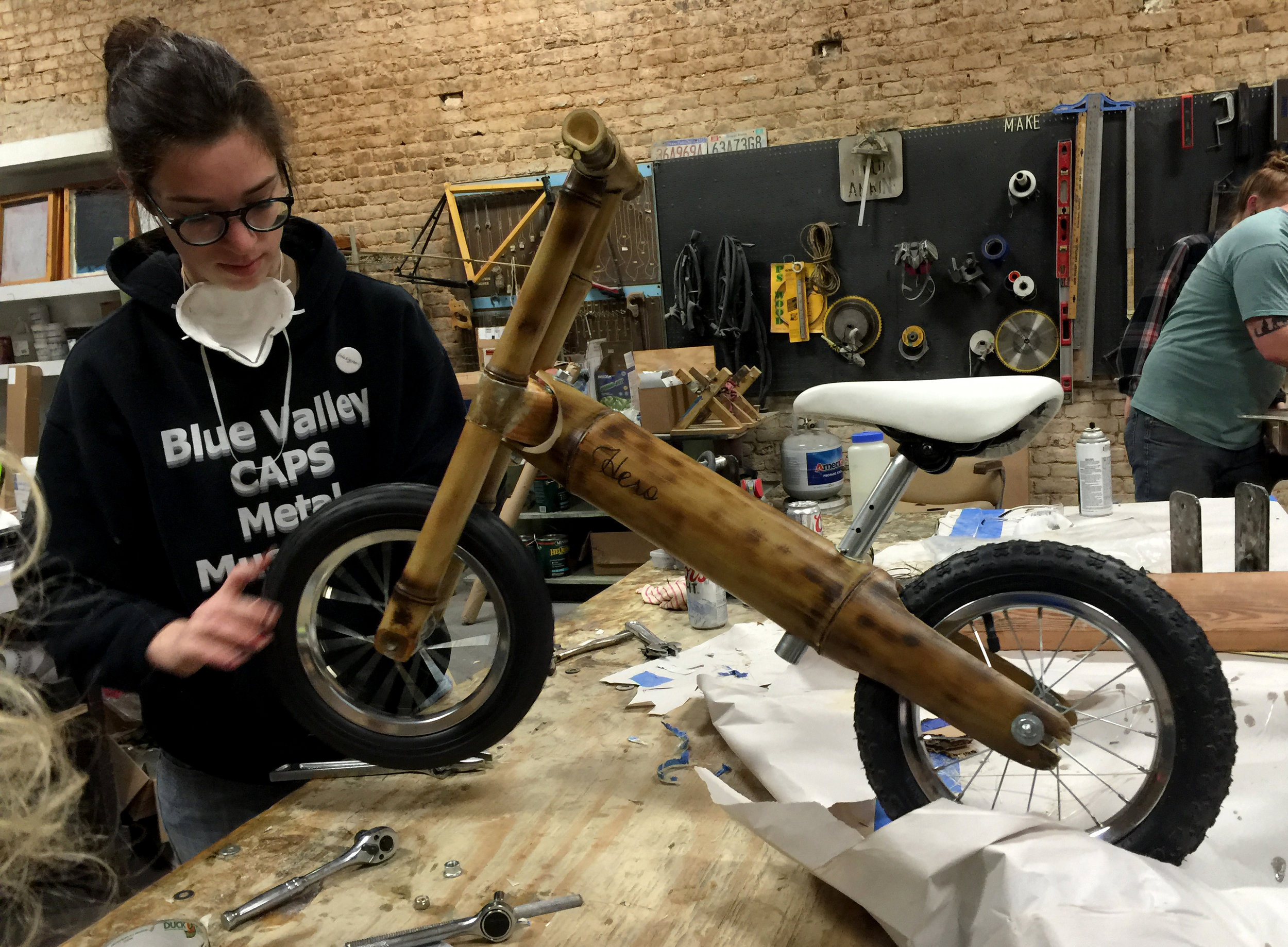
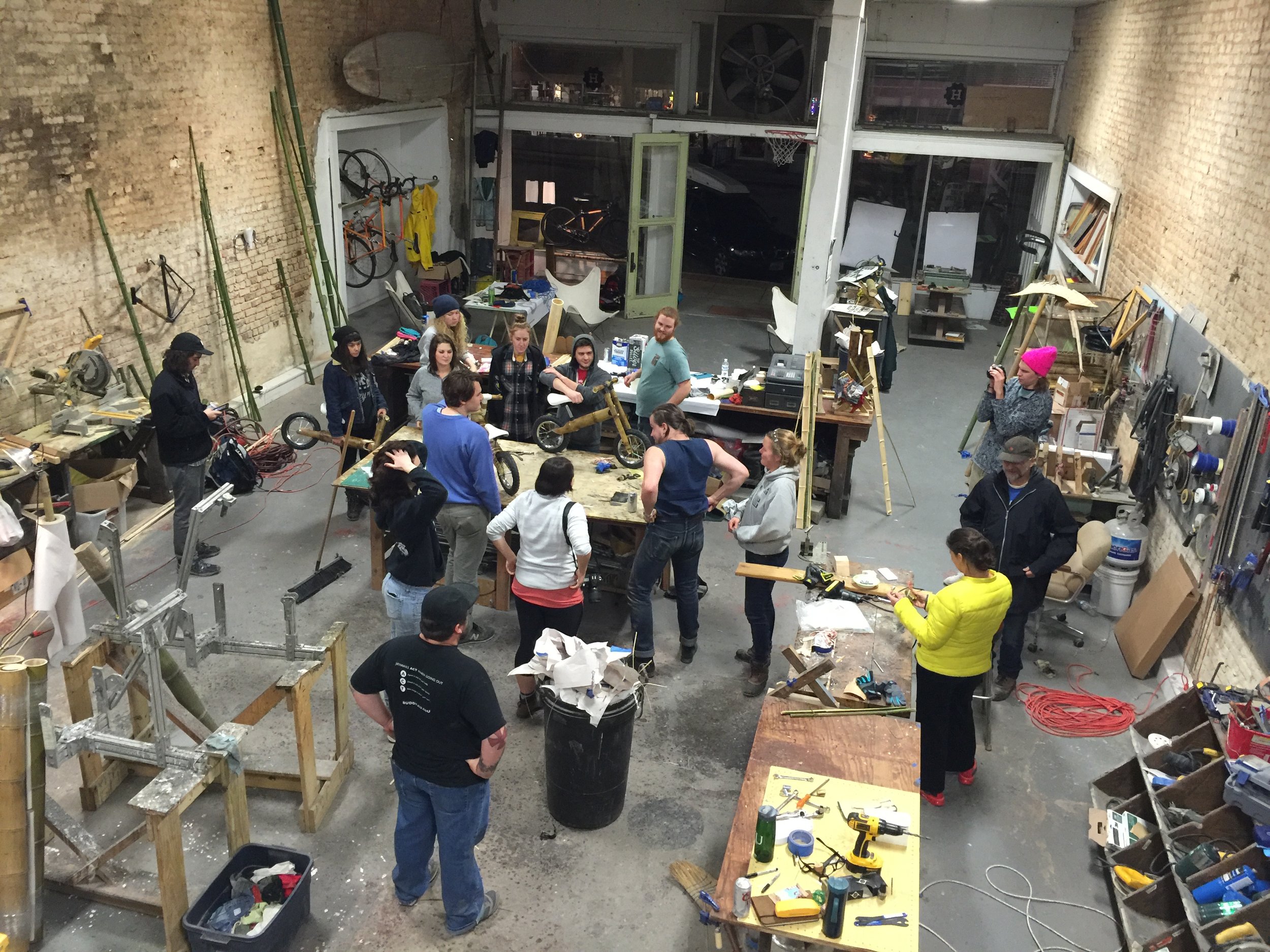
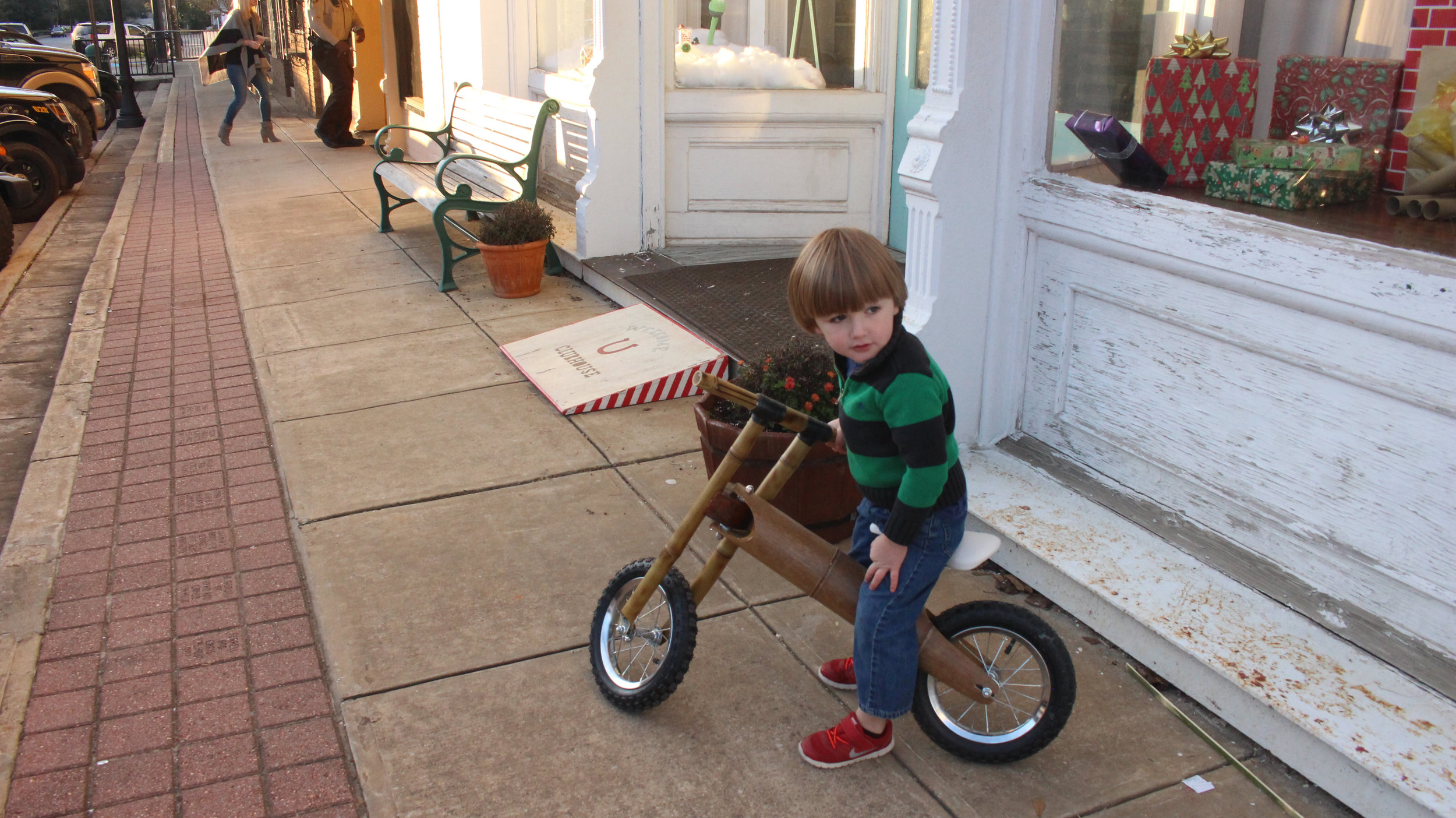
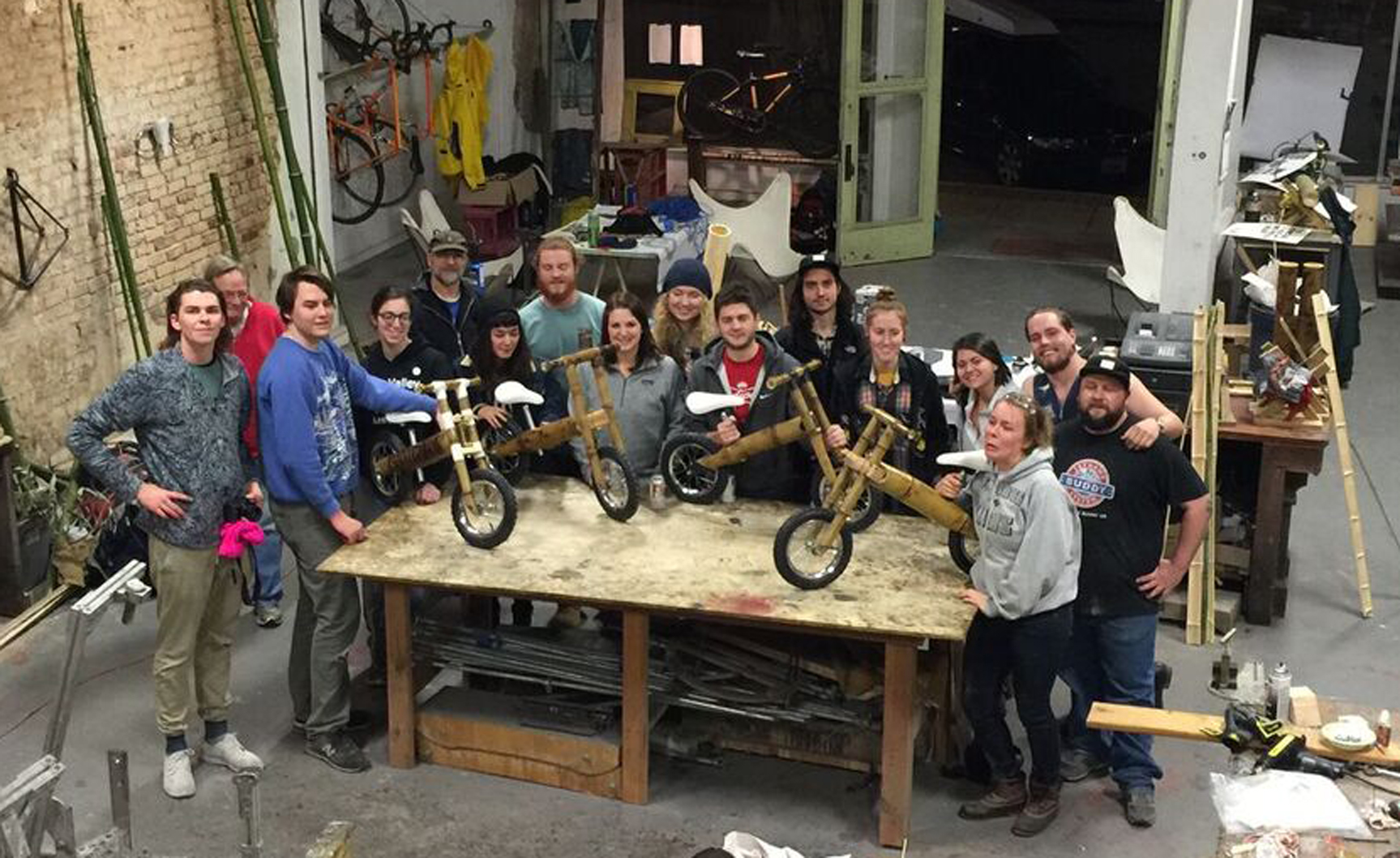
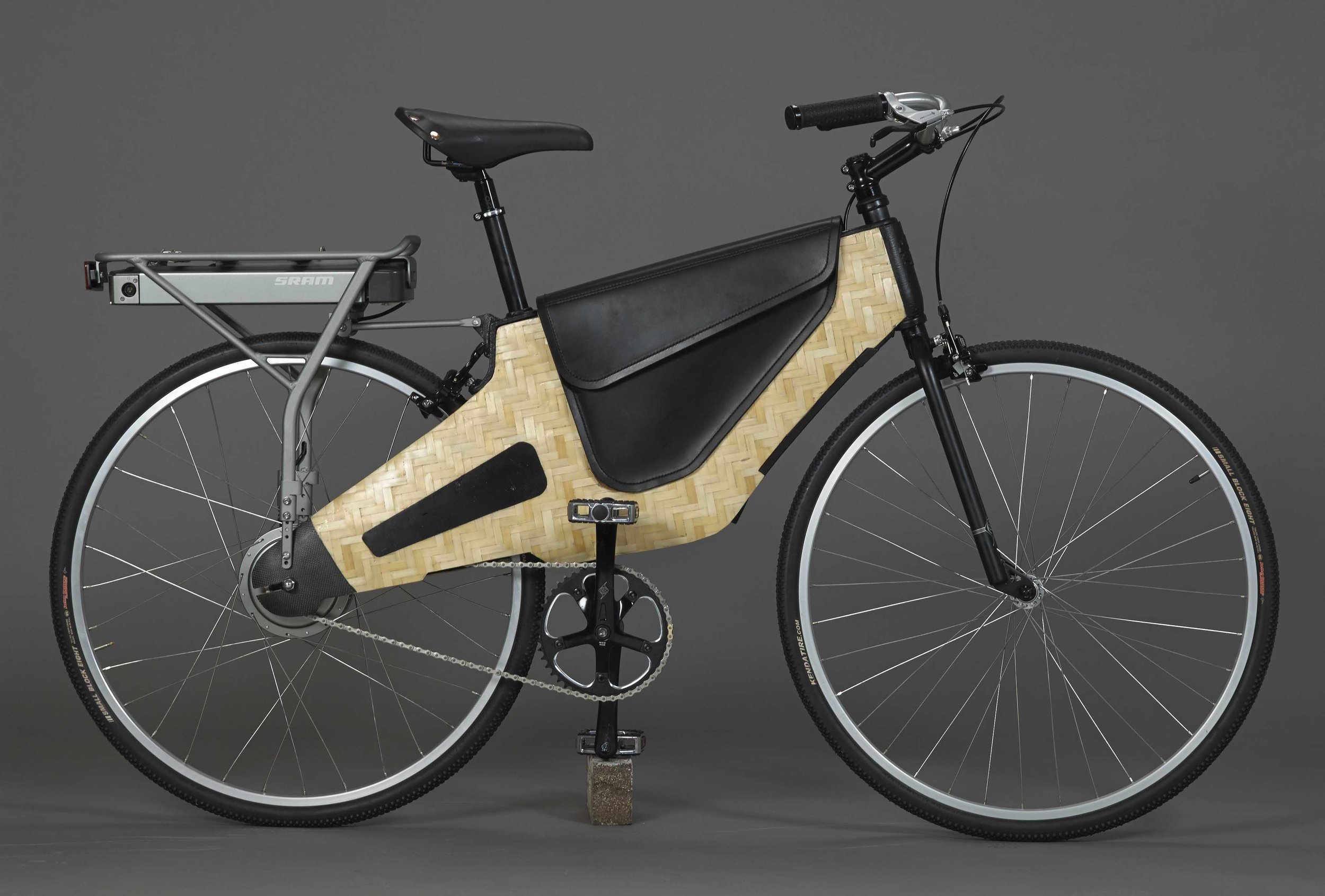
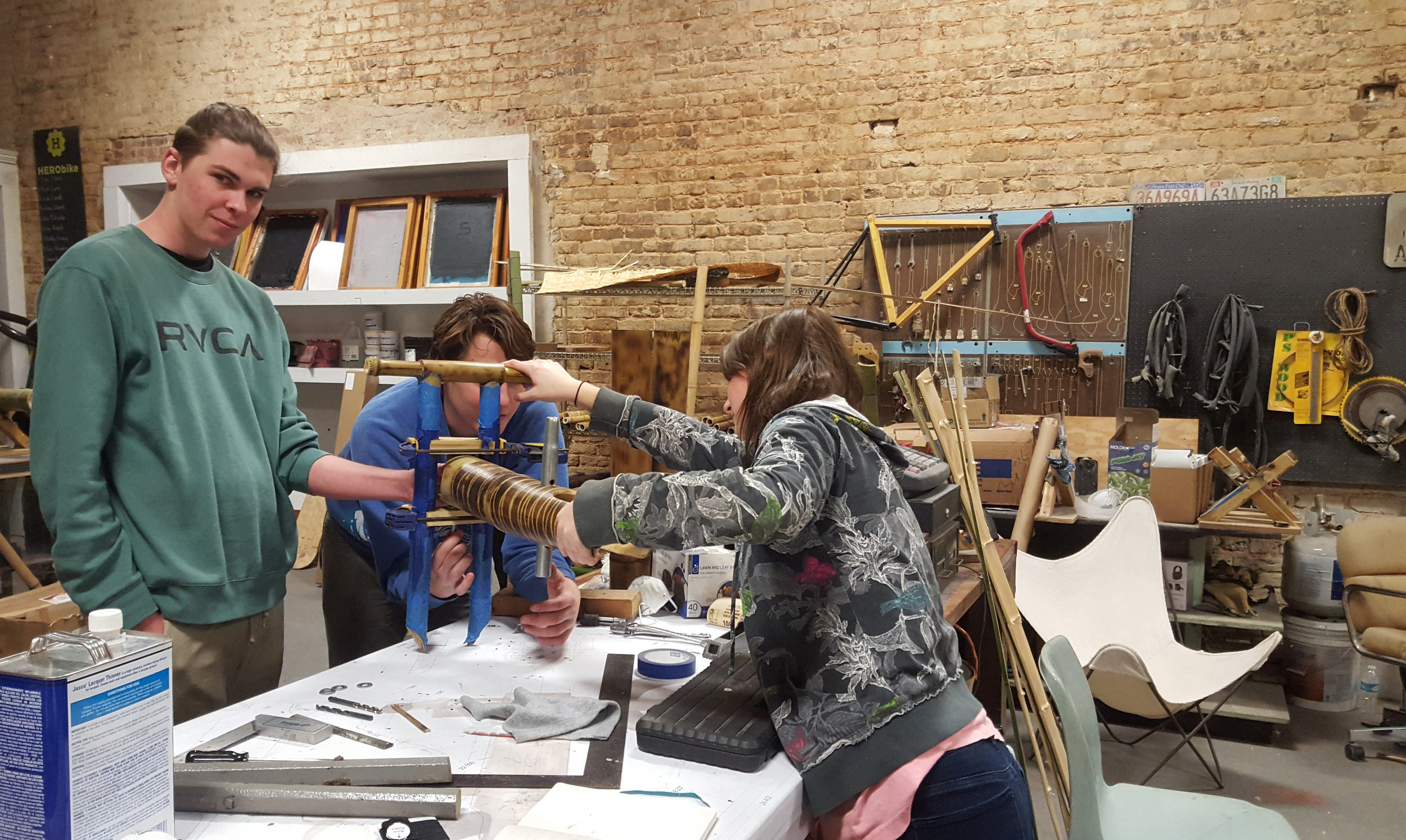
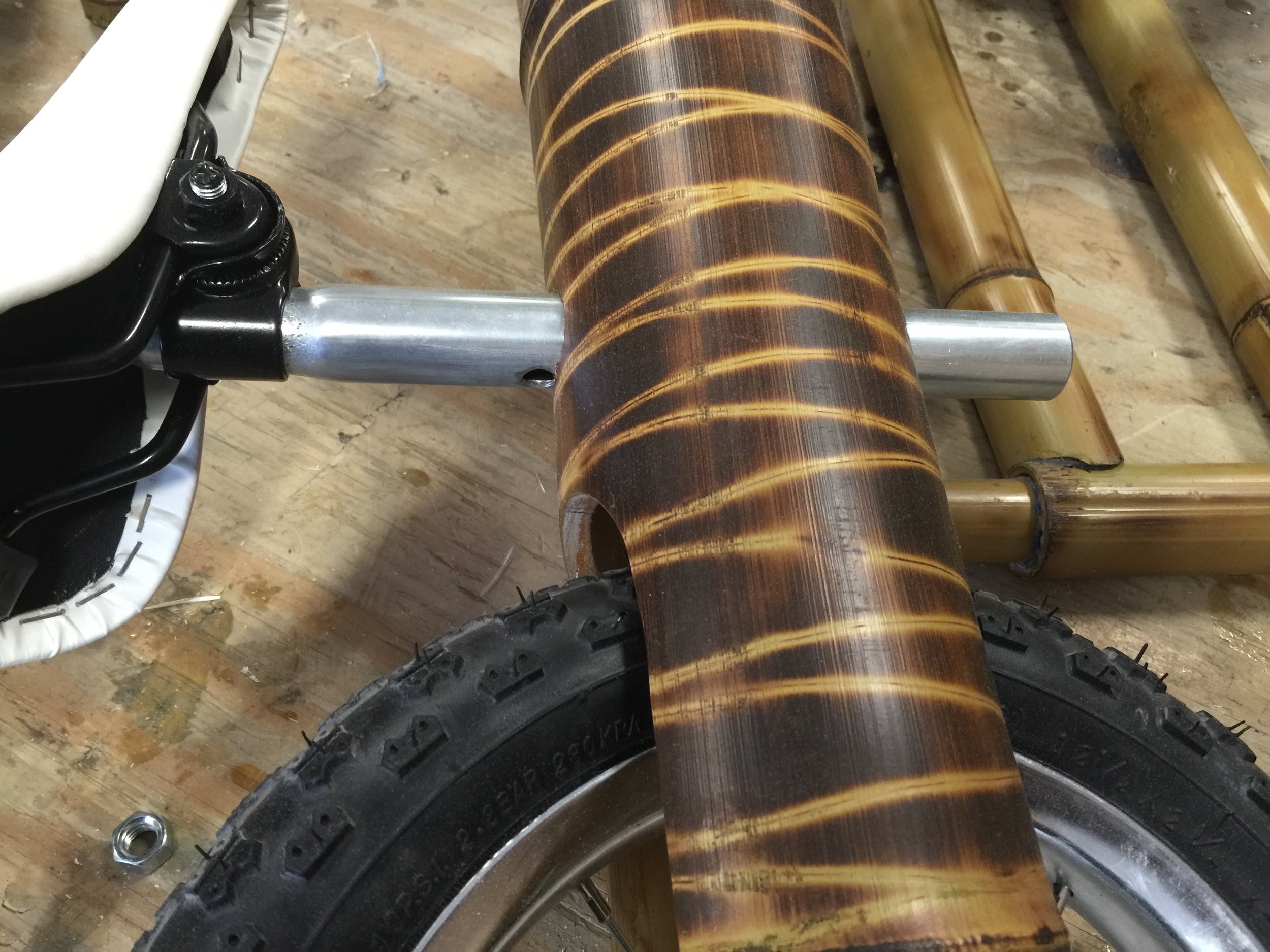
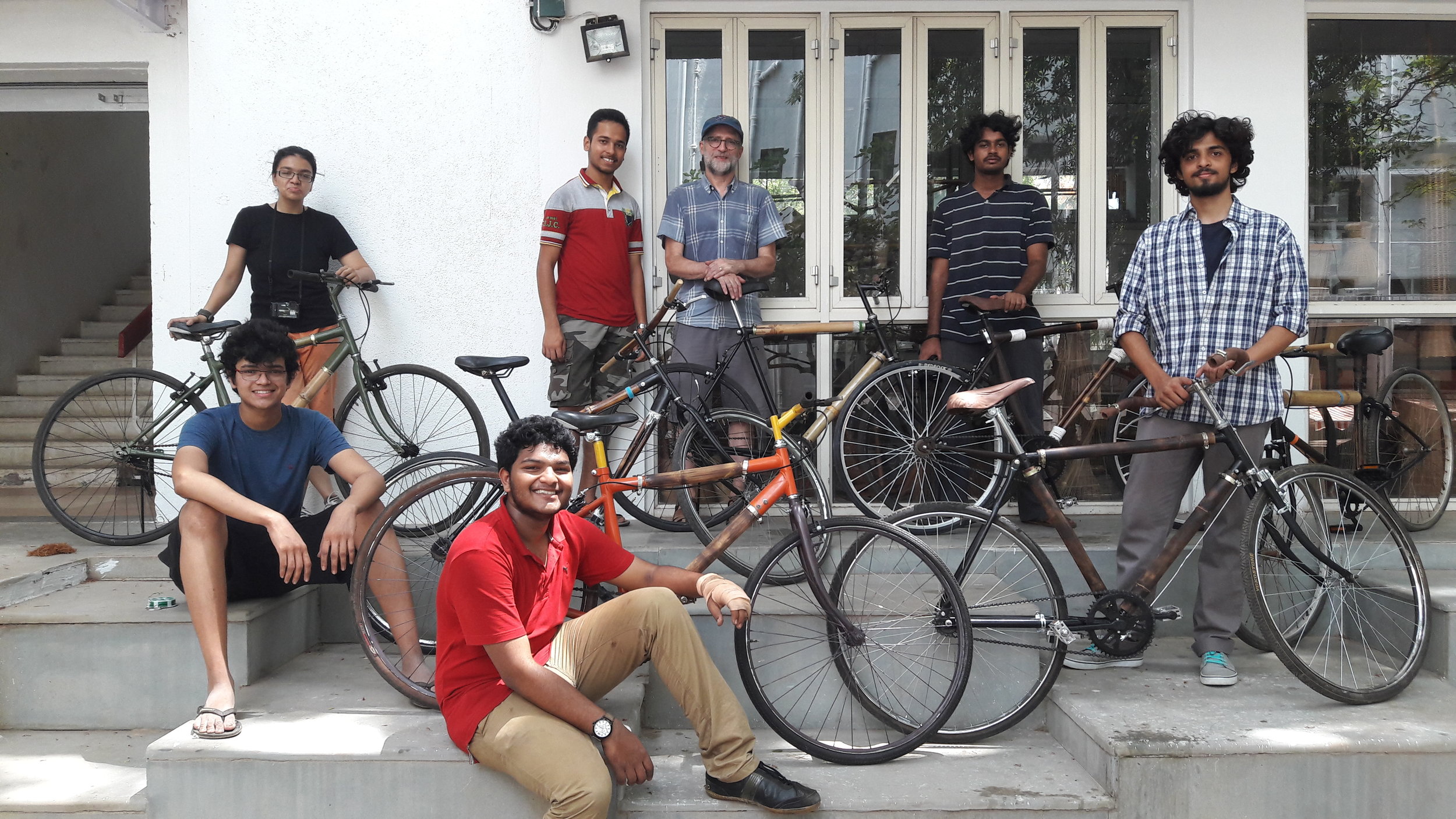
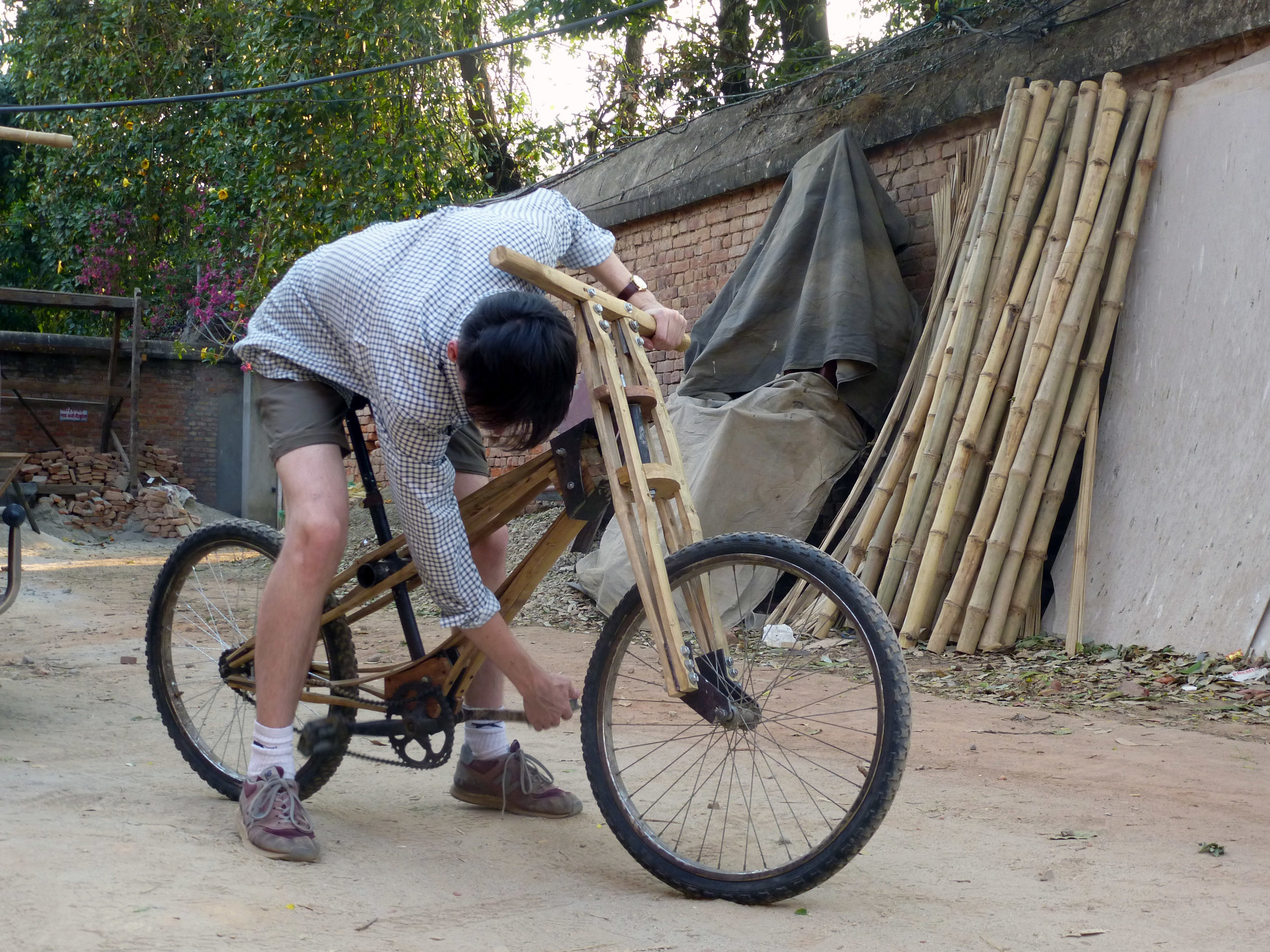
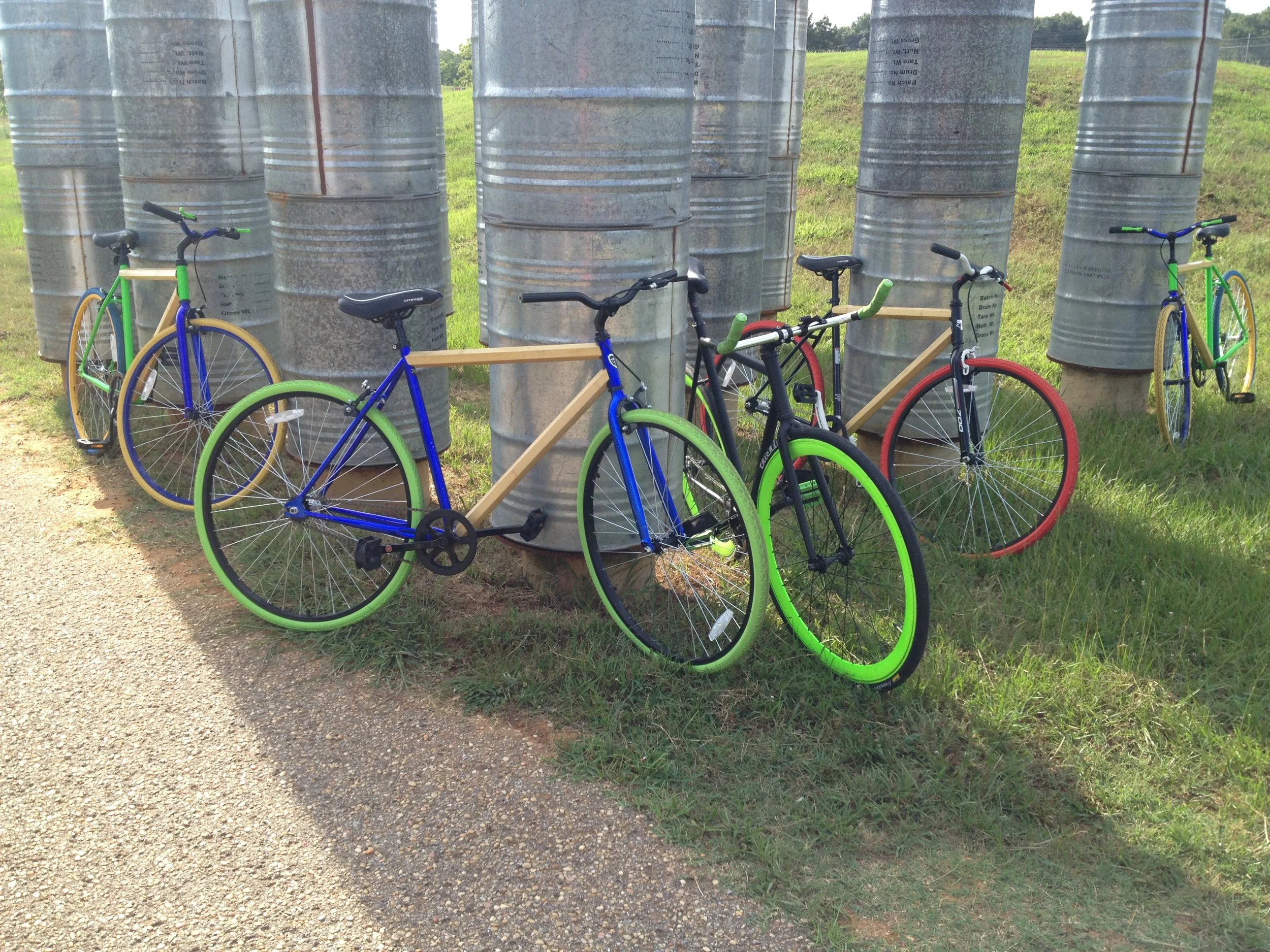
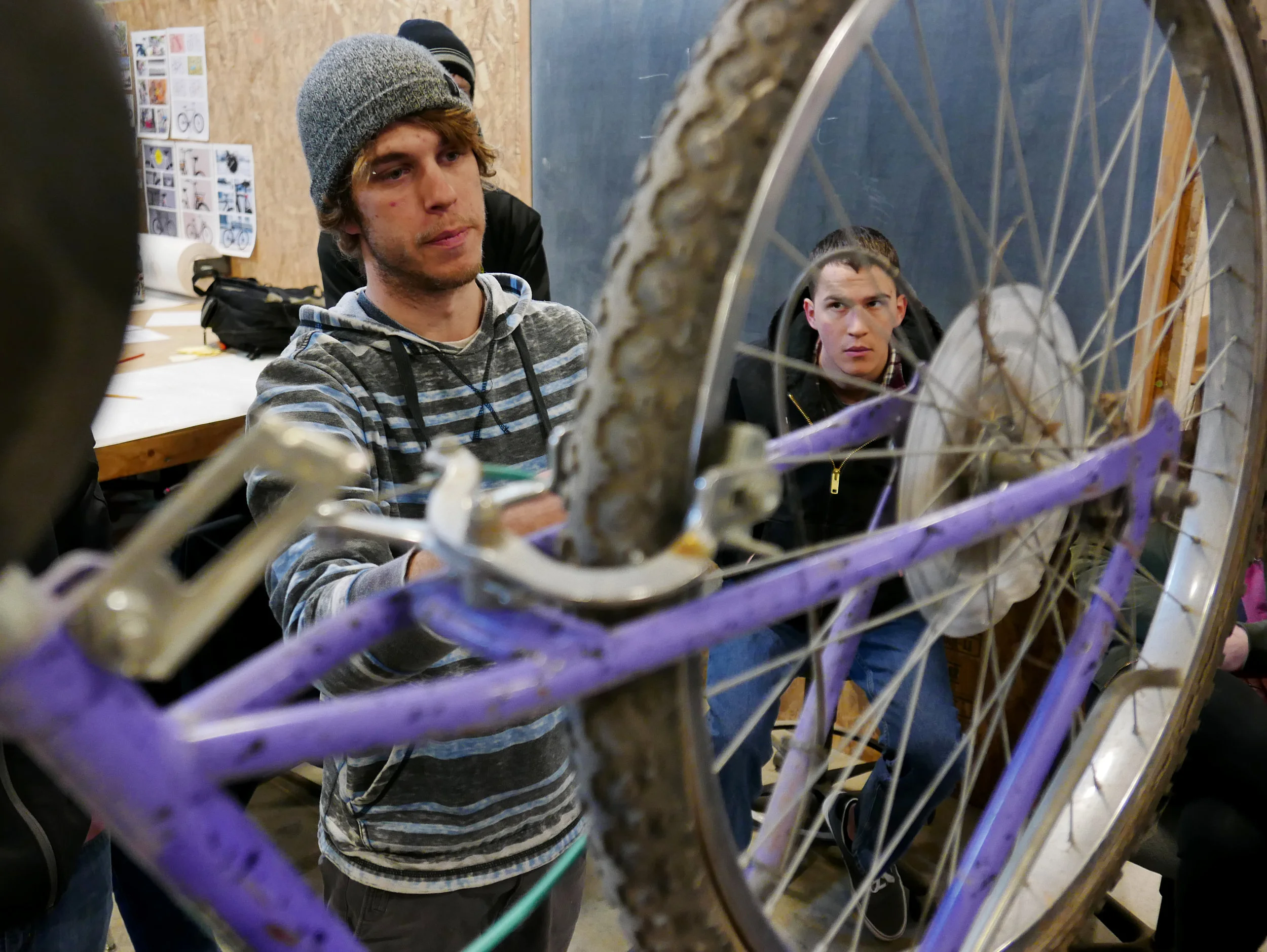

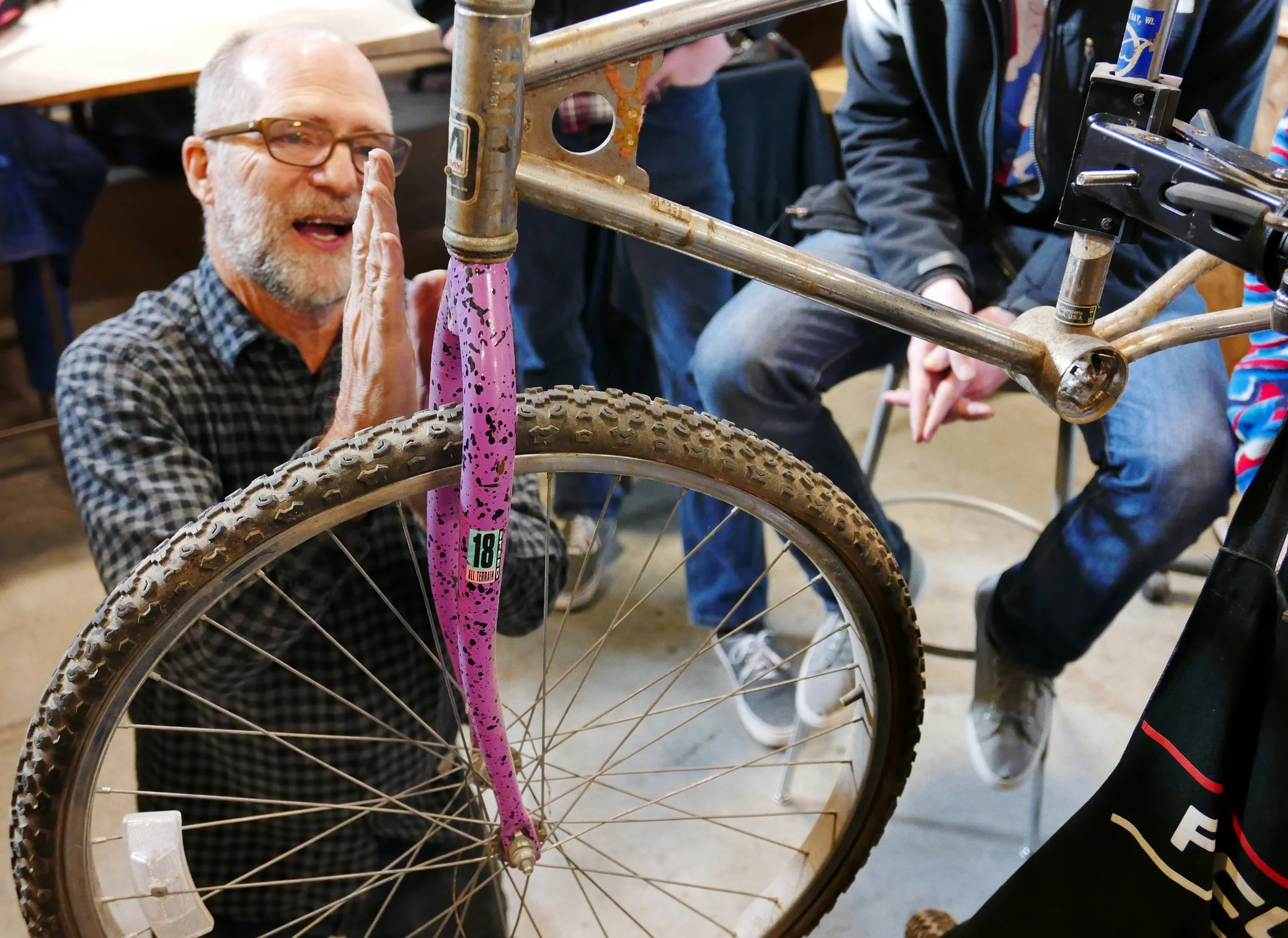
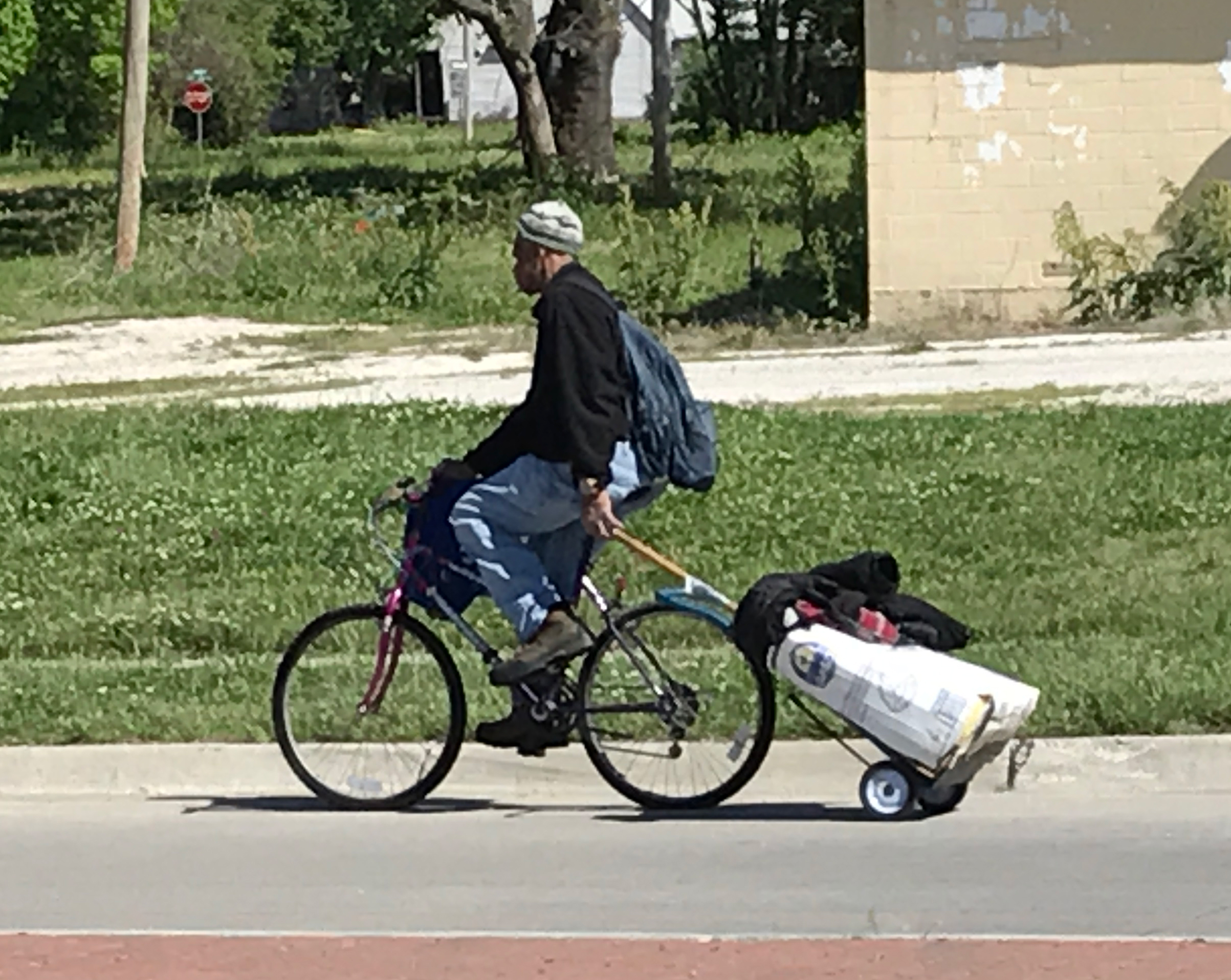
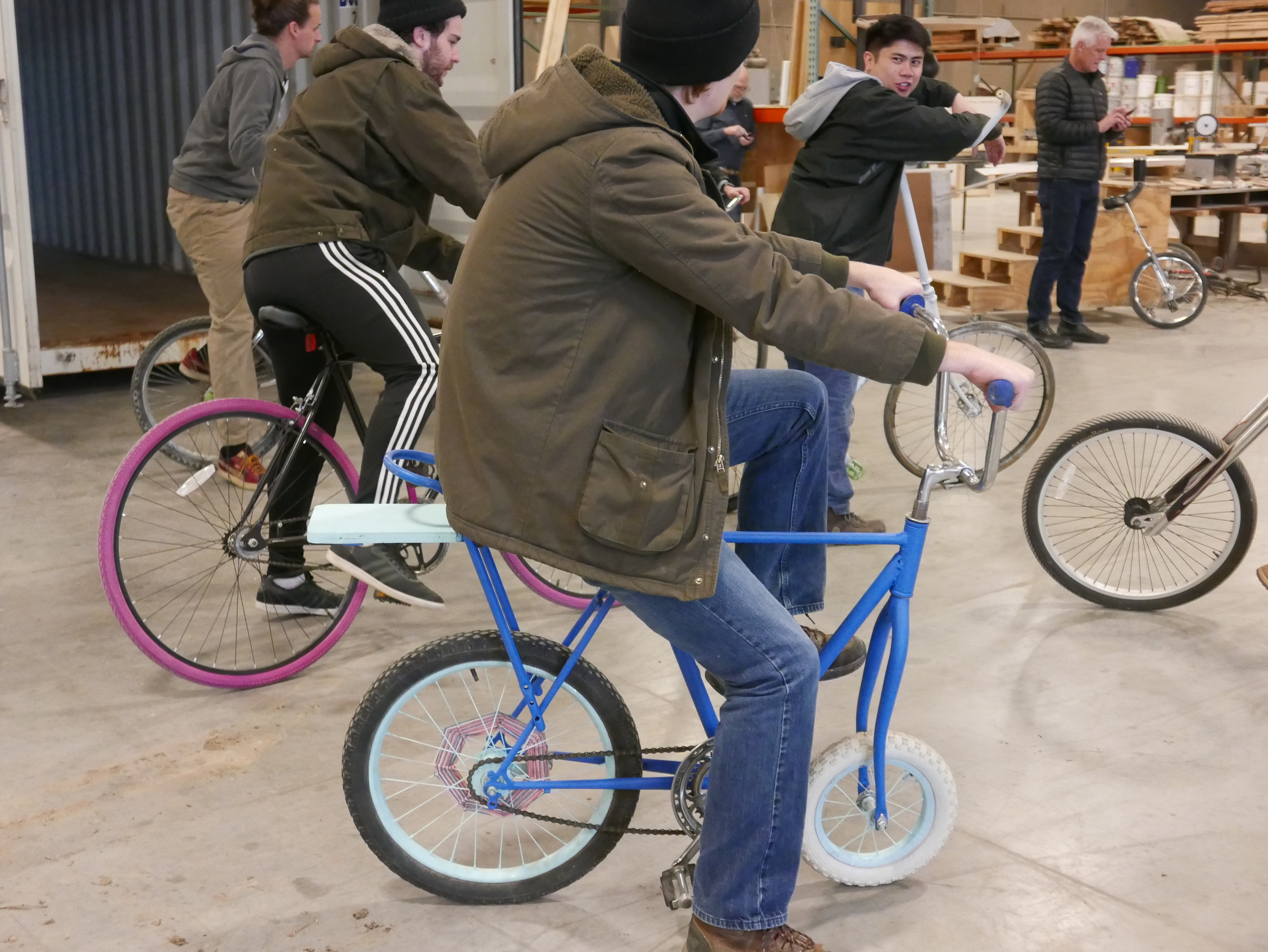
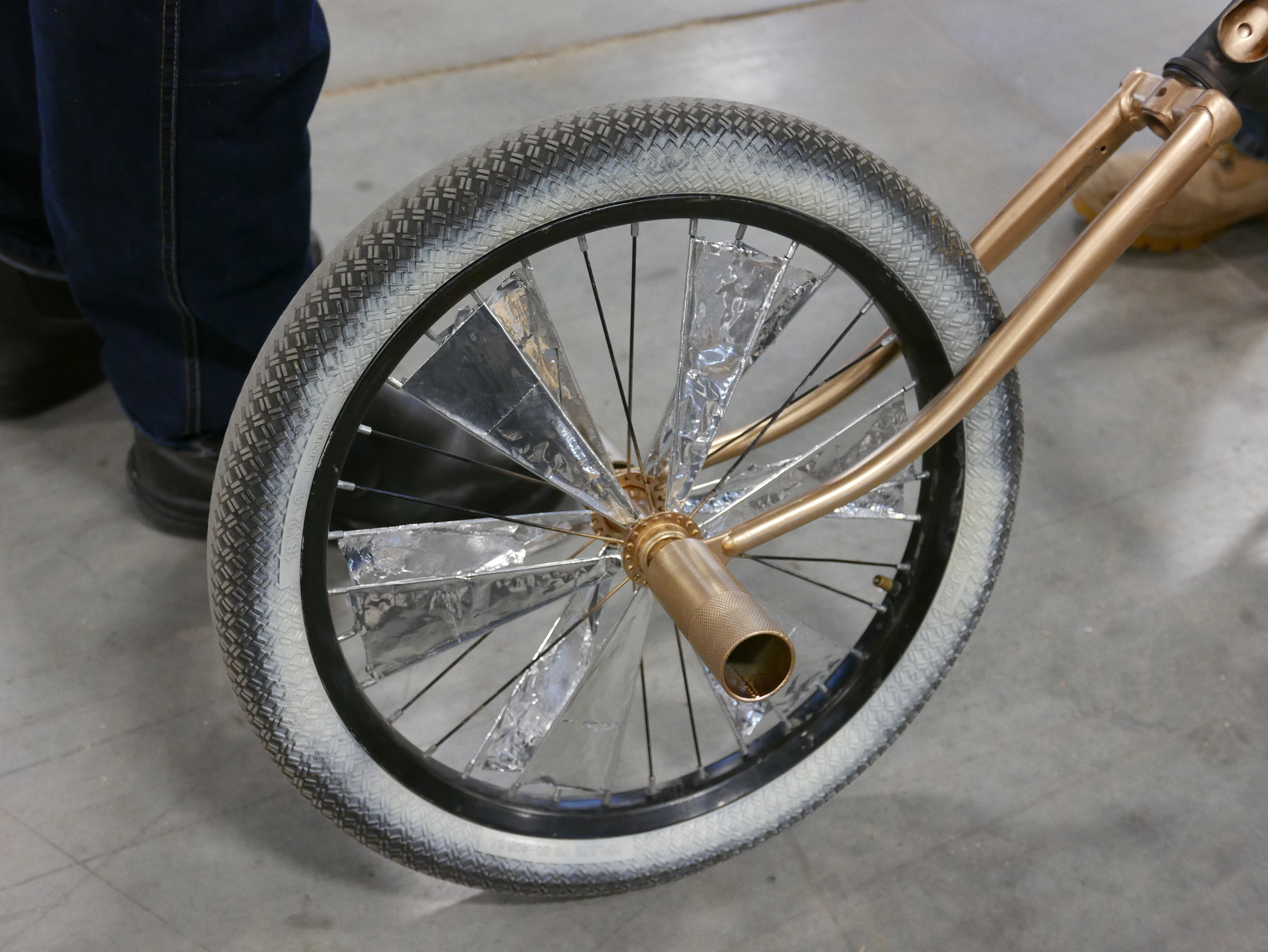
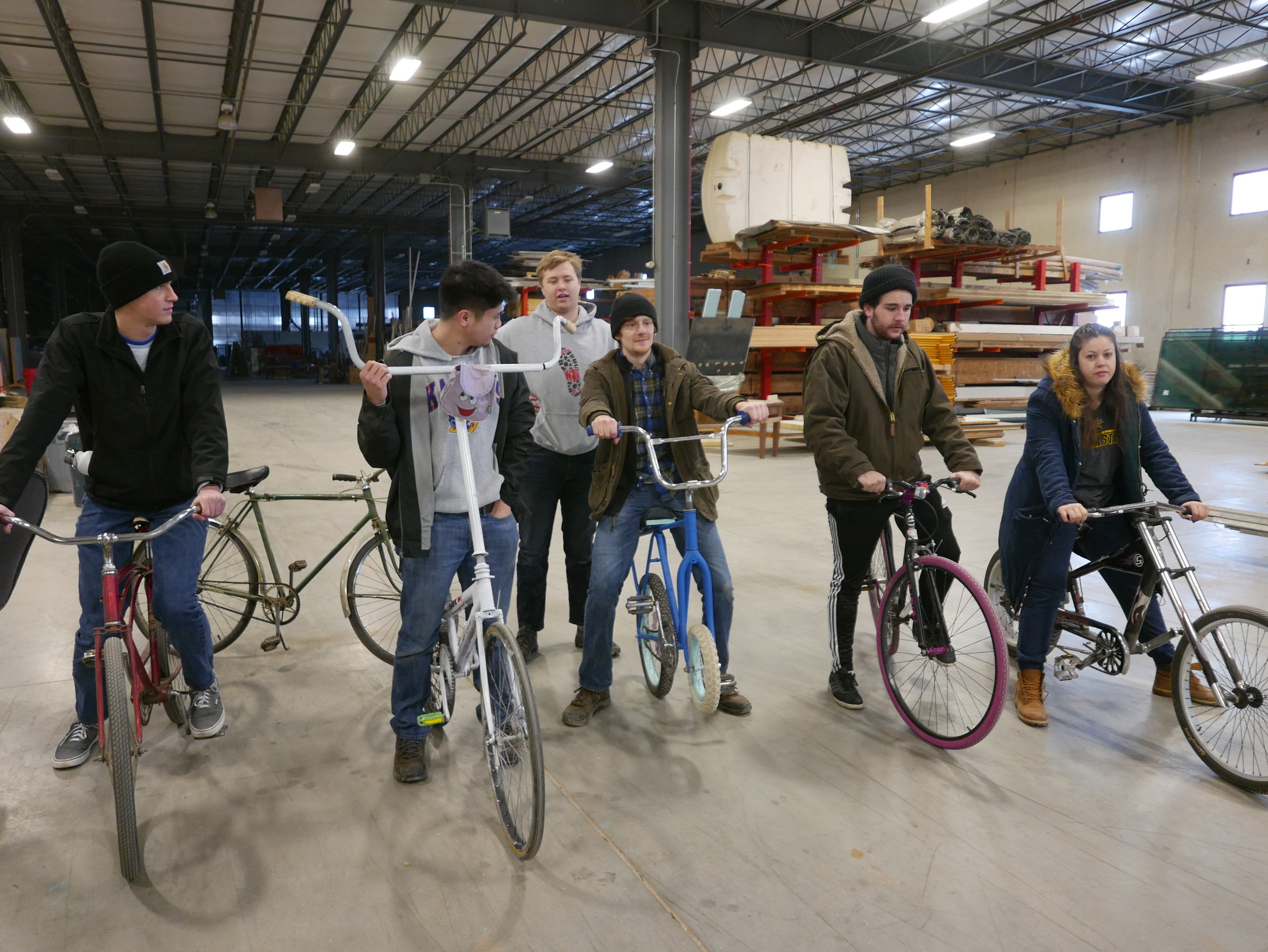
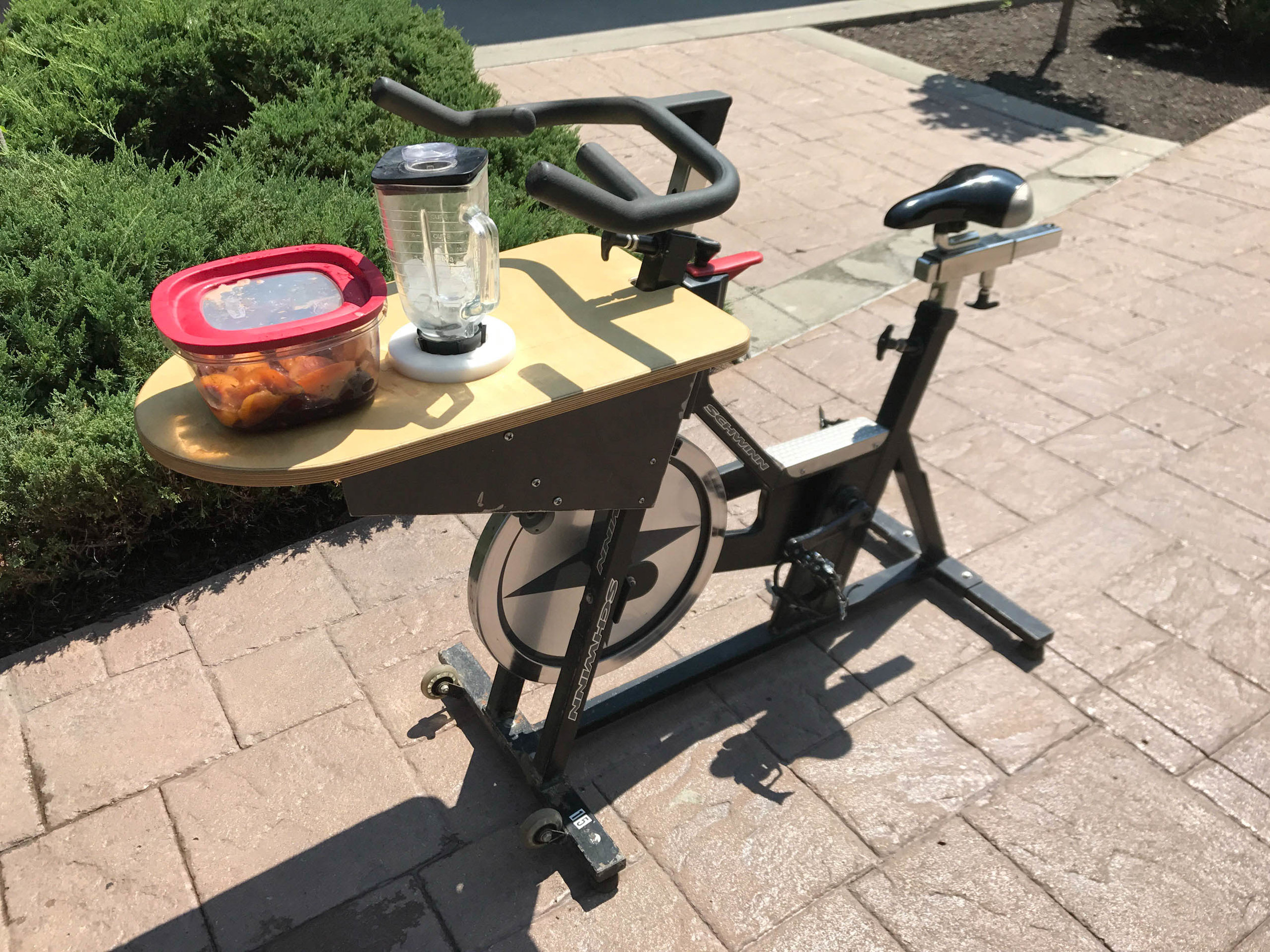
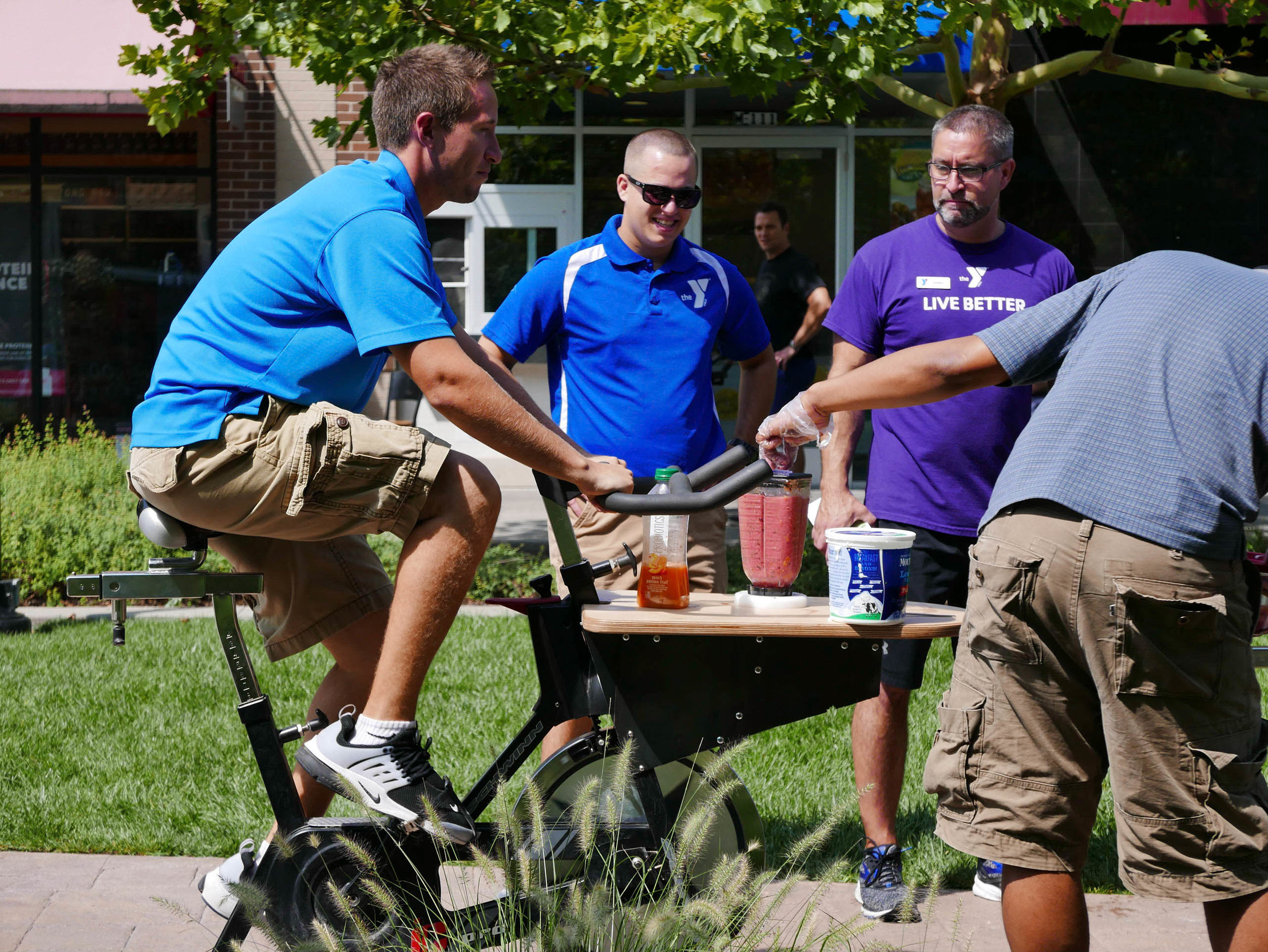
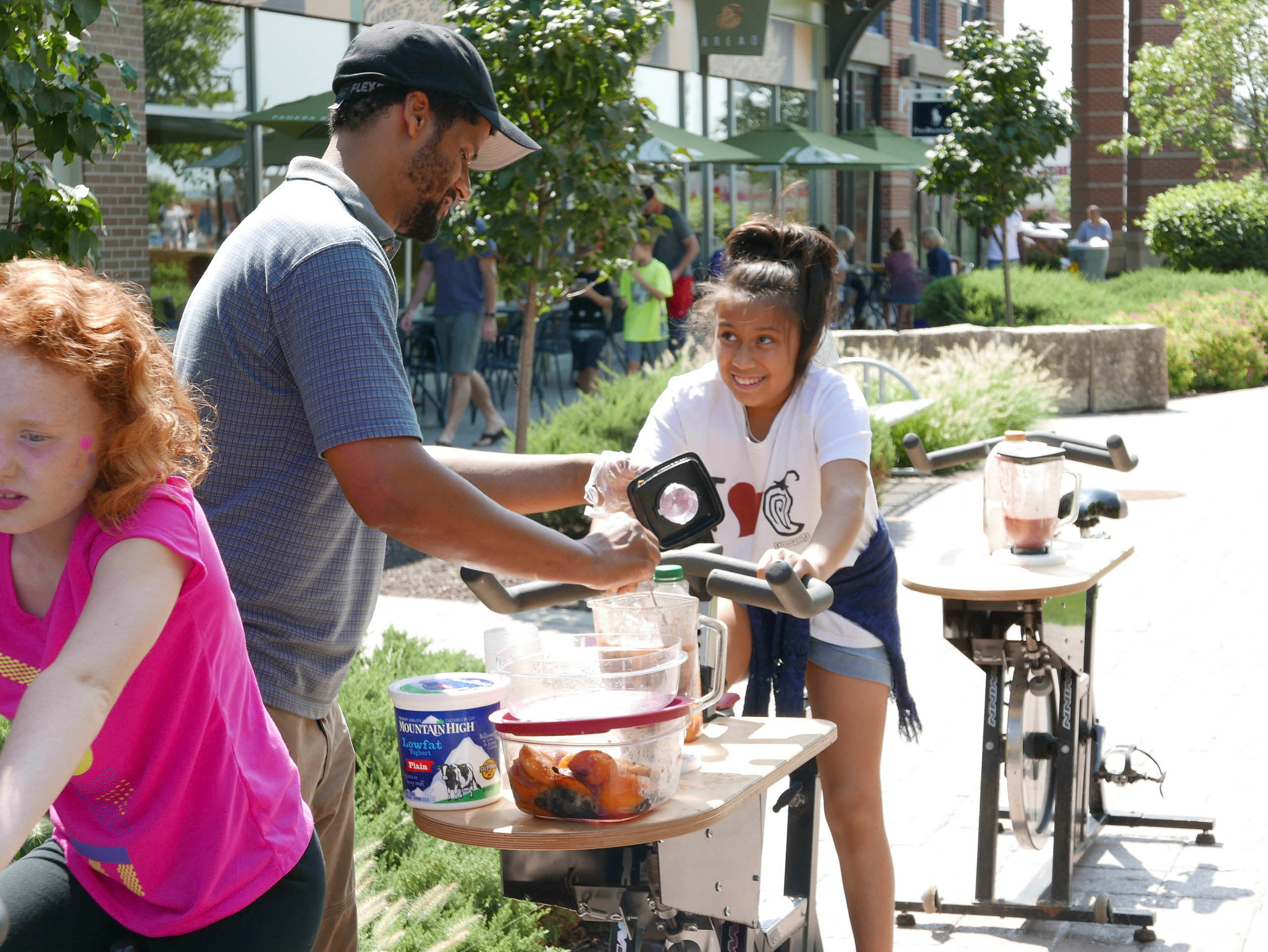
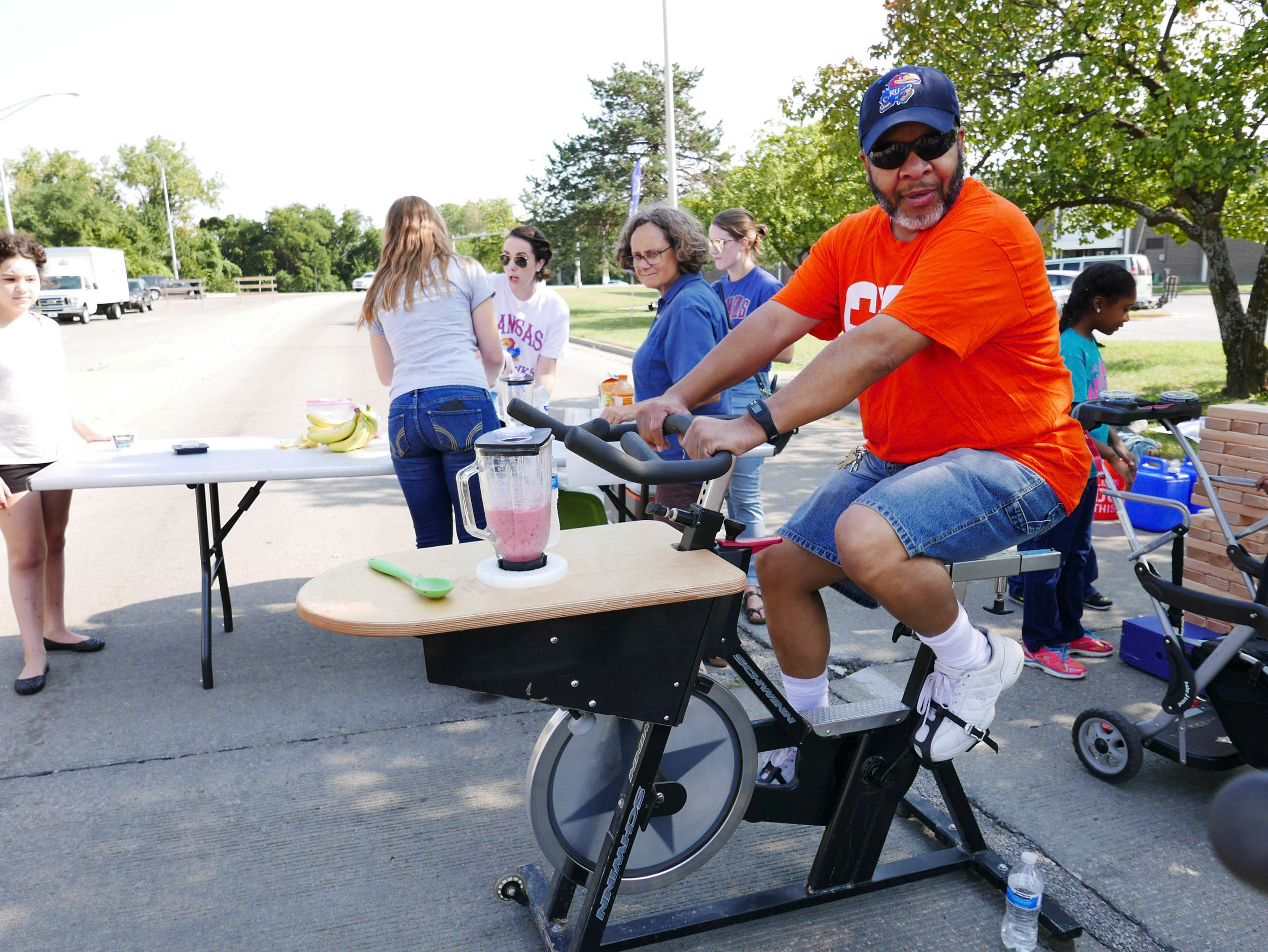
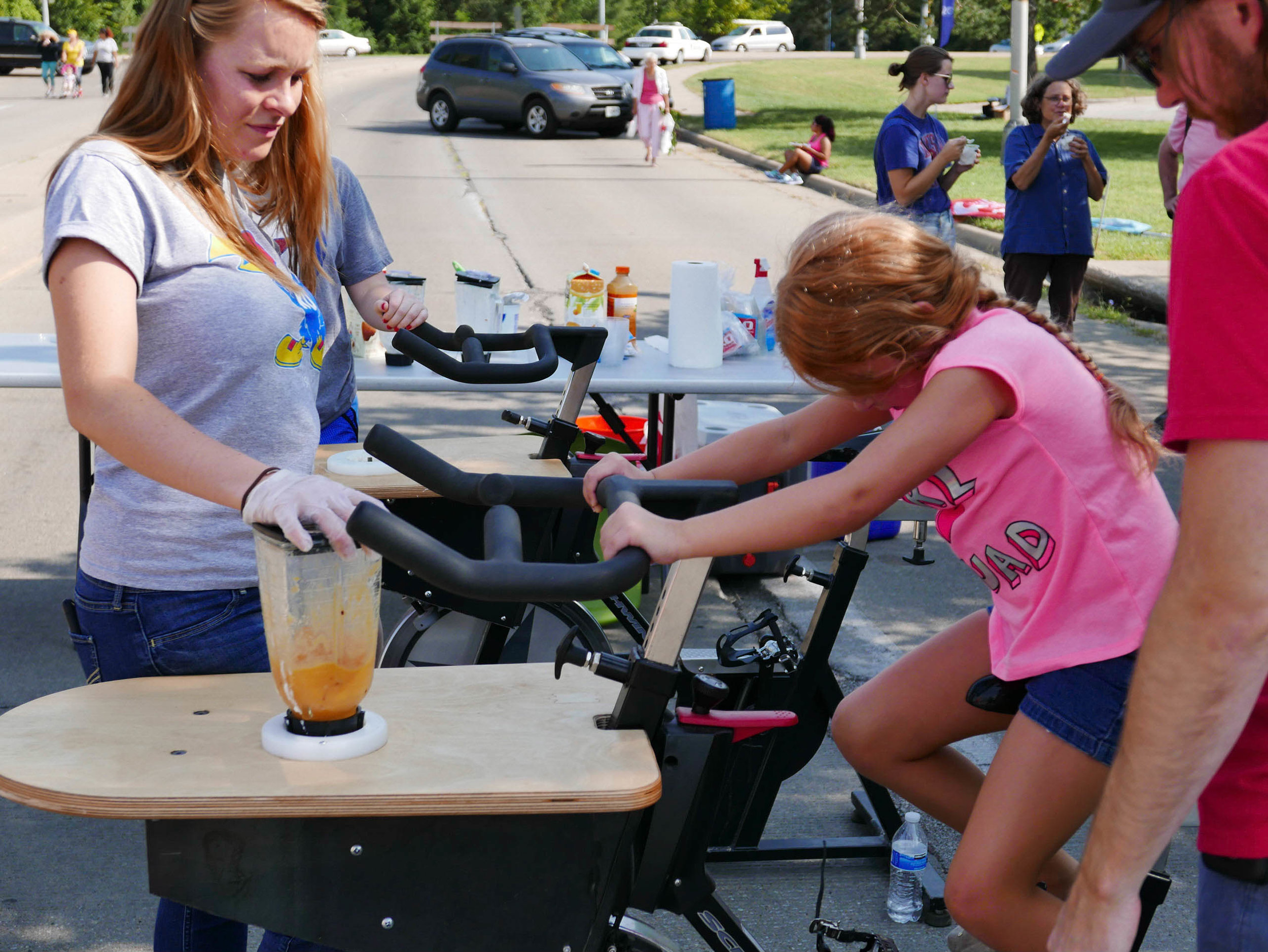
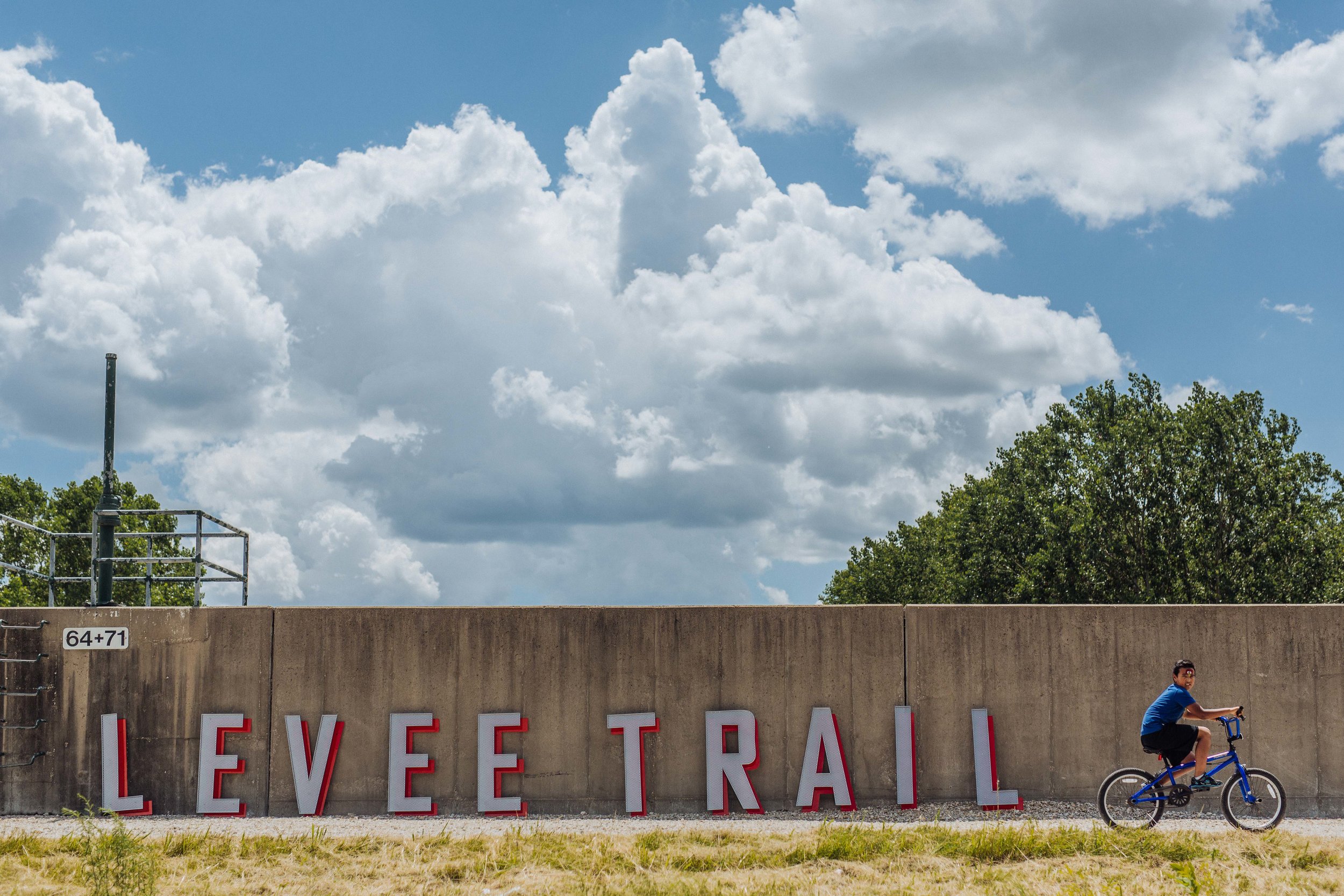
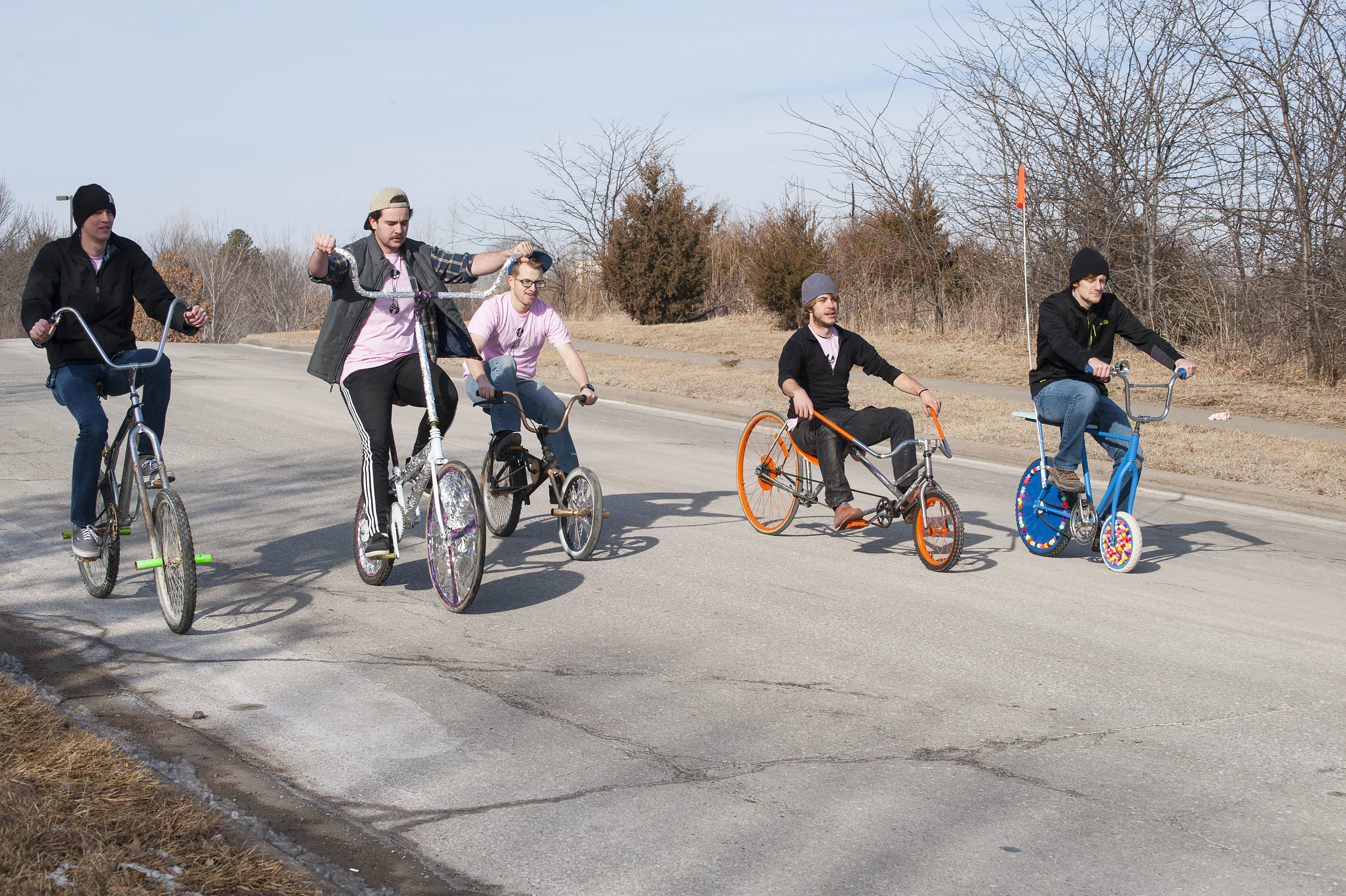
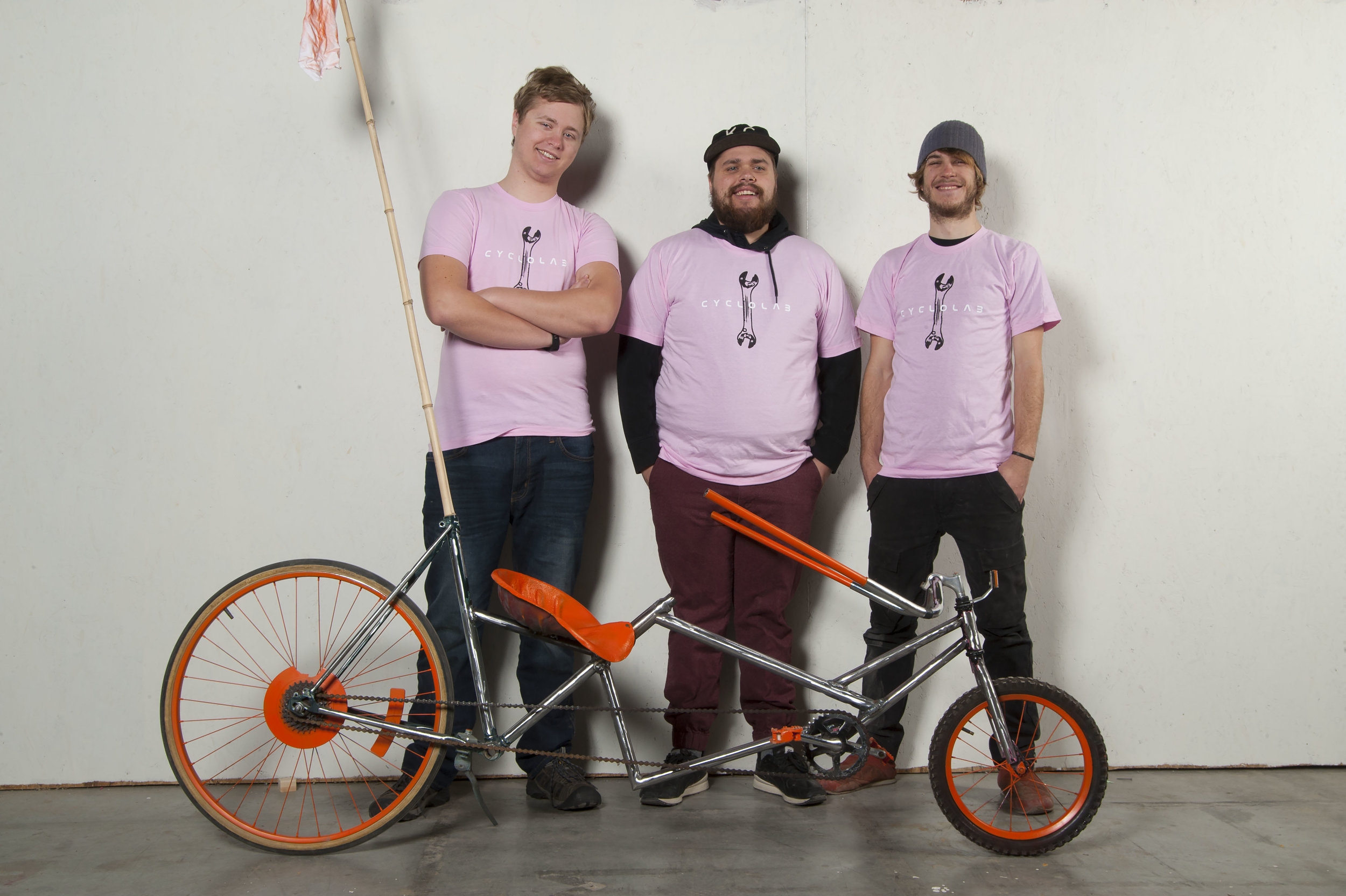
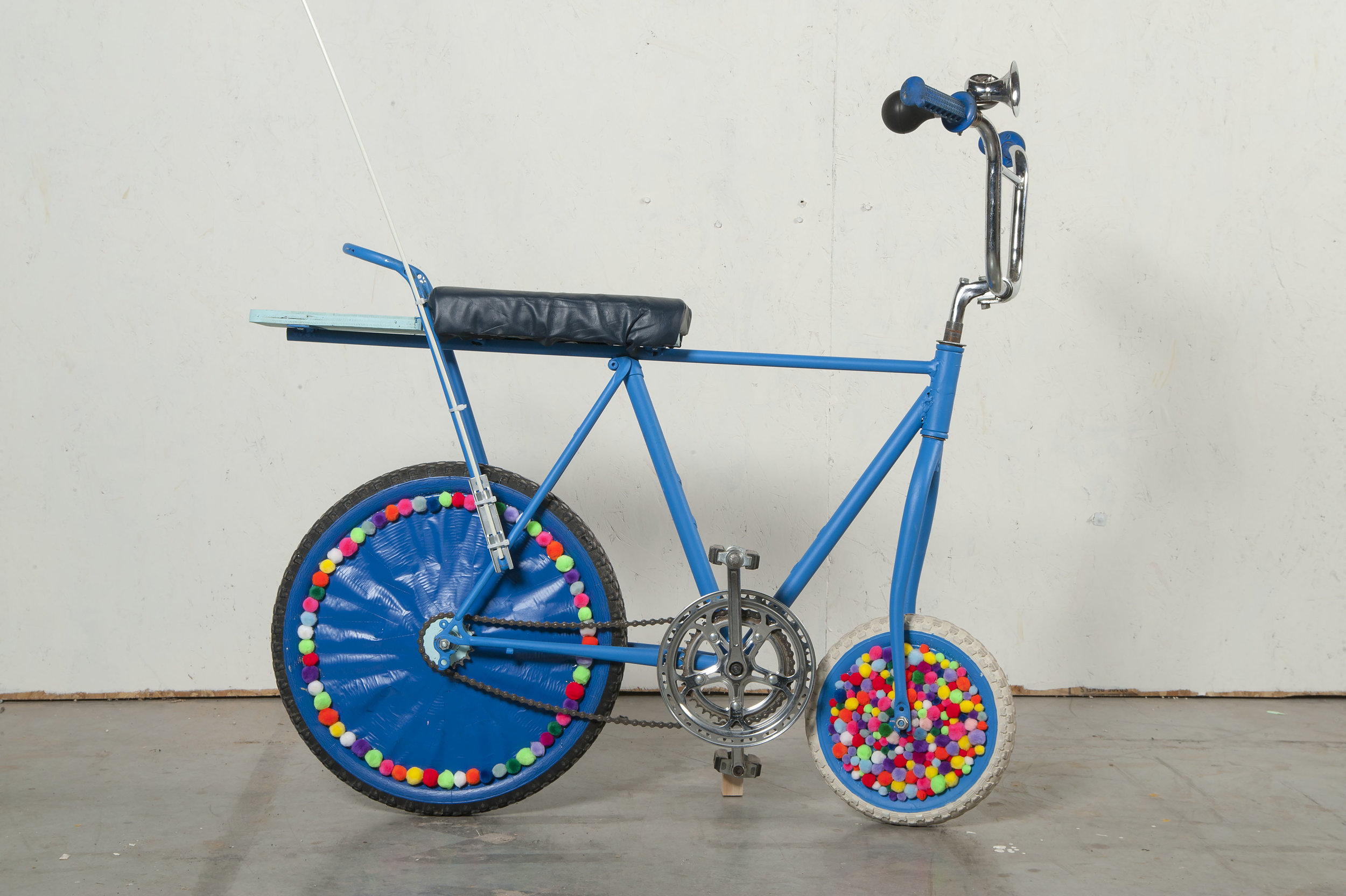
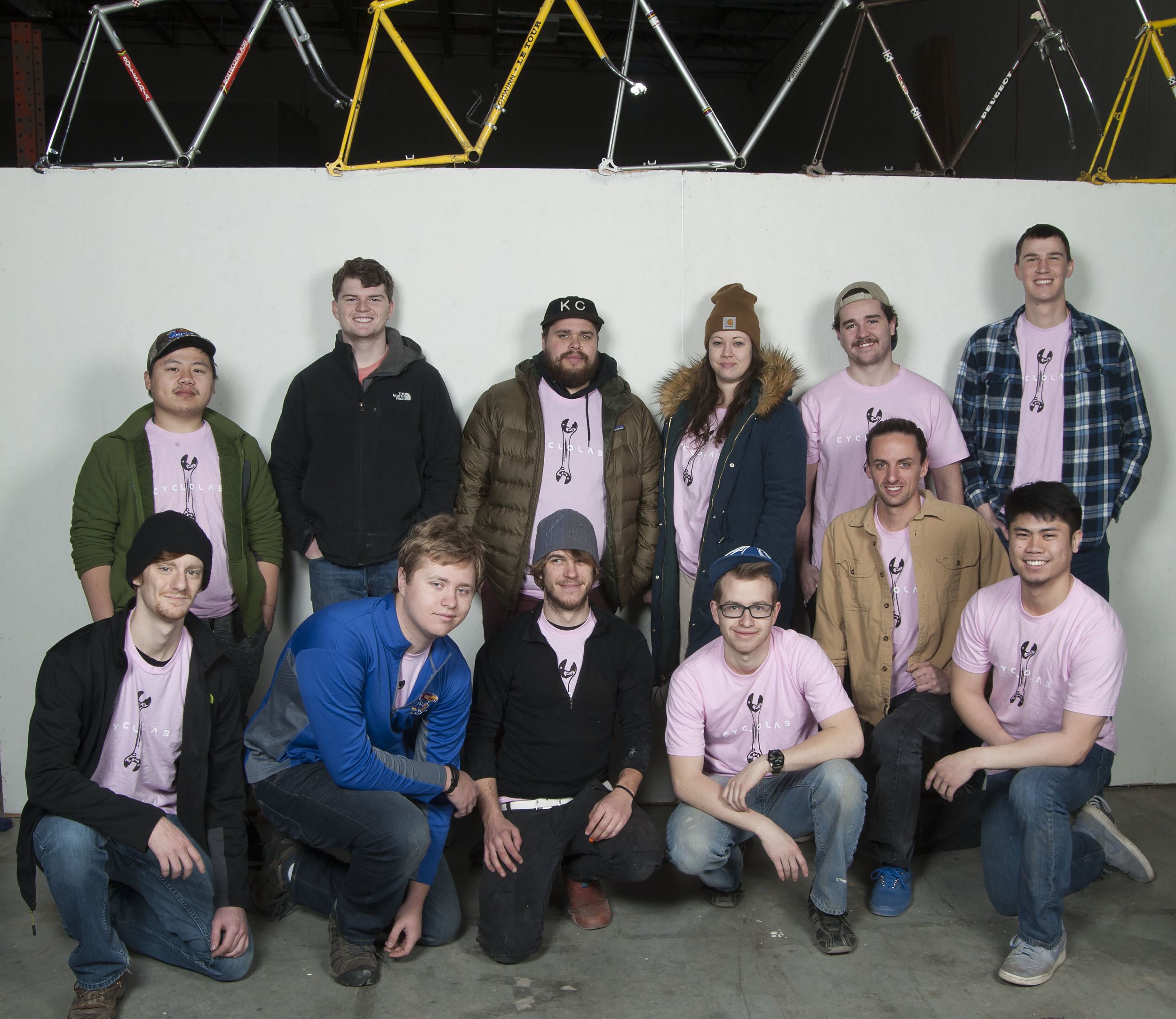
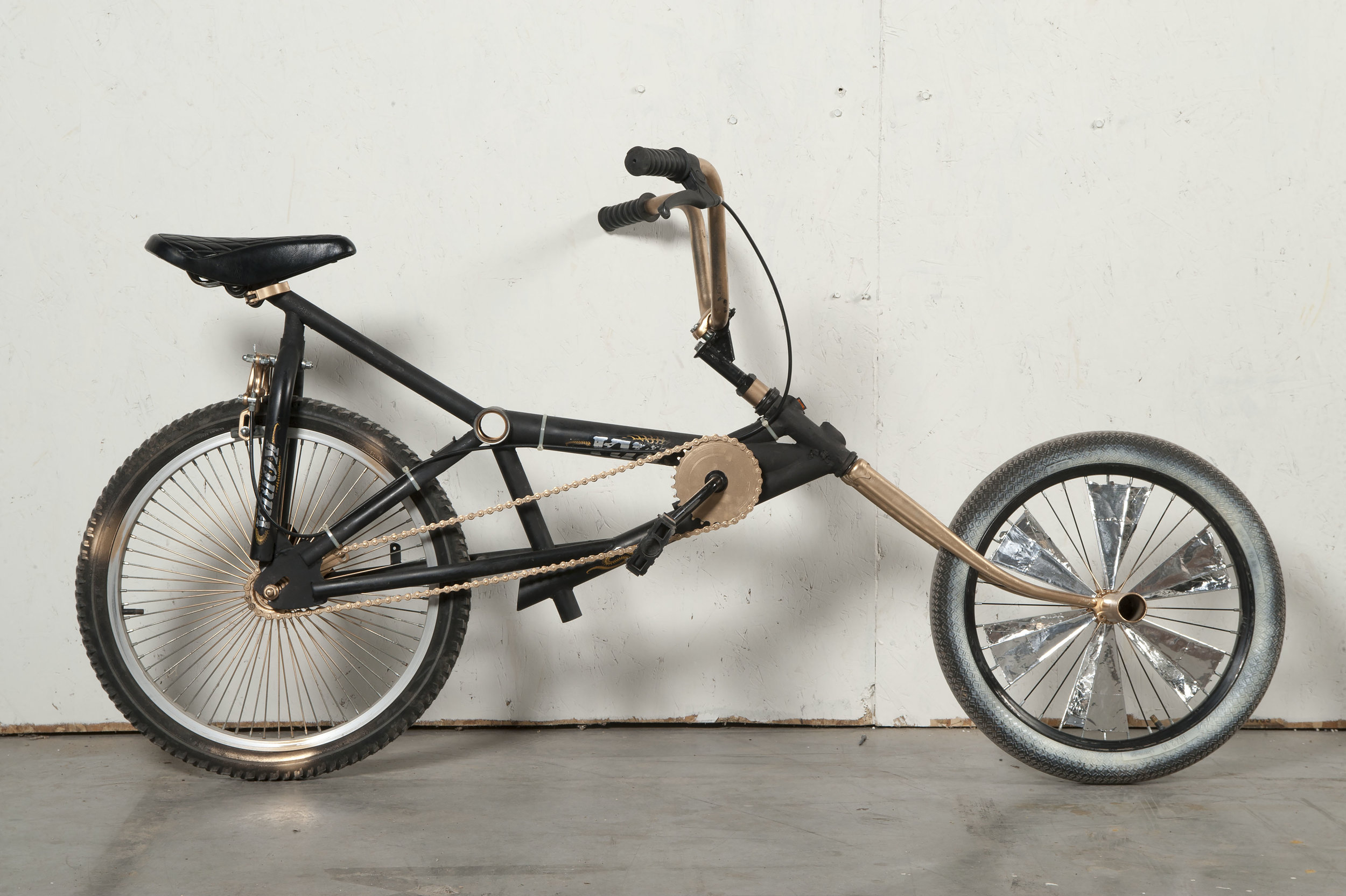
PROJECT ABSTRACTS
Utility Cycling Initiative
If you go into almost any bike shop in the US, you will find recreational and racing bikes to be predominant, with a tiny selection—if any—of utilitarian bikes. In other countries around the world, you will find a wider range of bicycle types and accessories, sold to local populations wishing to improve their urban transportation options: cargo bikes, child seats, bags, carriers, racks, locks, lights, etc. These differences in bicycling culture didn’t happen by accident. They happened as a series of conscious decisions with the intention of expanding access to low-cost, healthy, practical, and progressive transportation options. This project will focus on issues surrounding utility cycling, and promote innovations in the service of everyday bicycling.
Bike_Hack_Lab
Bike_Hack_Lab is a playful R&D initiative intended to develop new kinds of bikes and bike accessories using hands-on experimentation, trial-and-error, and innovation. The intention is to explore modifications to existing bikes and bike parts, and the development of accessories that can be added to existing bikes. “The bicycle can no longer be regarded simply as a means of transportation or sport. The revolution of cycling … has become the instrument and symbol of a livable urban environment, social mobility, and sustainable economy.” (Bikeology exhibit, Budapest Museum of Applied Arts.)
Scraper Bikes
“A scraper bike is a piece of art, every artist builds up their bike from scratch using different material, different colors to customize it to fit the artist inside.” (Baybe Champ, 2016). The Scraper Bike project is an outreach project for children to modify bikes for artistic expression and to promote social cohesion. Working with local artisans, the project encourages kids to make scraper bikes: “a bicycle that has been modified by its owner, often with decorated spokes with matching body and wheel colors, using tinfoil, re-used cardboard, candy wrappers and paint.” (Wikipedia)
Smart Routes for Cyclists
When cities plan and develop cycling infrastructure, they do so with limited data about actual cycling behaviors. What routes do cyclists actually use? What are the daily, weekly and seasonal patterns that emerge through repetitive use? This project is investigating tools, techniques and equipment for passive data collection about cycling behavior using wearable, bike-mounted, and environmentally-embedded electronic sensors.
Bamboo Bikes
The Semester bike, a bamboo and carbon fiber composite bicycle, is manufactured in the HERObike workshop in Greensboro, Alabama. Bamboo bikes aren’t a new concept, but what makes the Semester bike unique is the hybrid composite structure for the Semester bike, which combines bamboo and carbon fiber, and was developed by KU researchers and in a series of student workshops in Alabama. In addition to its innovations at the level of the bike, it also looks to expand the economic potential of rural Alabamians to grow bamboo as an agricultural product and add value through artisanal manufacturing.
Bike Infrastructure
For bicycling to flourish we need more than bikes. We also need a civic infrastructure that supports bicycling through improved bike trails, roadways, signage, bike racks, communication systems and safety. This project explores tactical innovations and improvements in the infrastructural realm.
